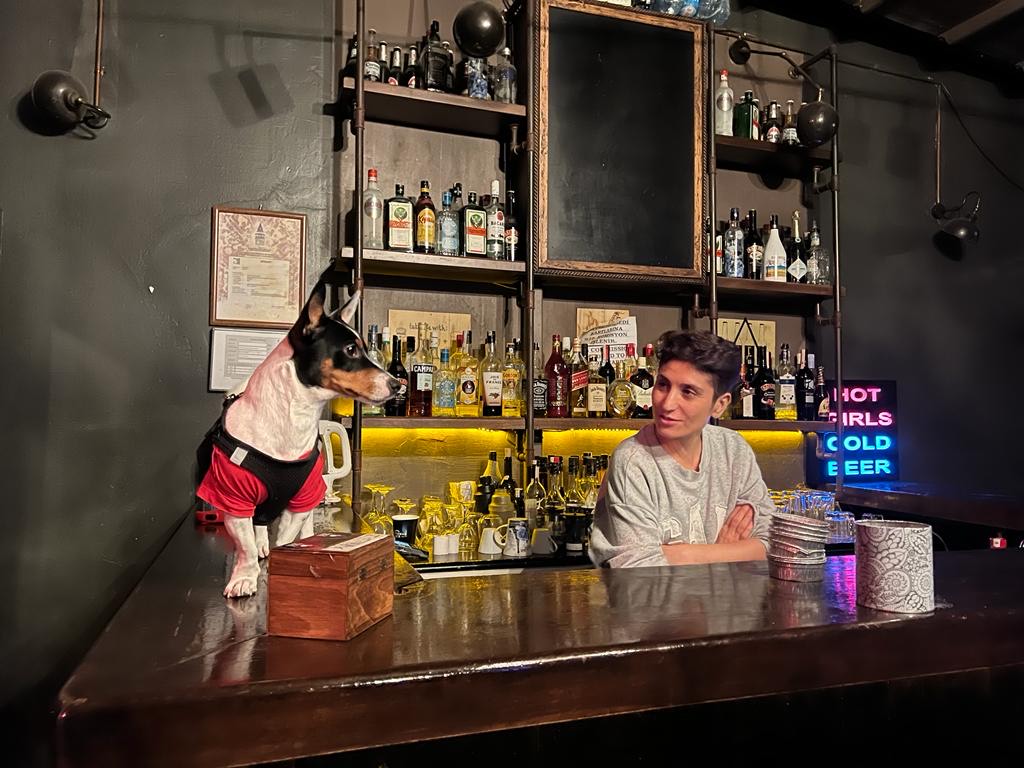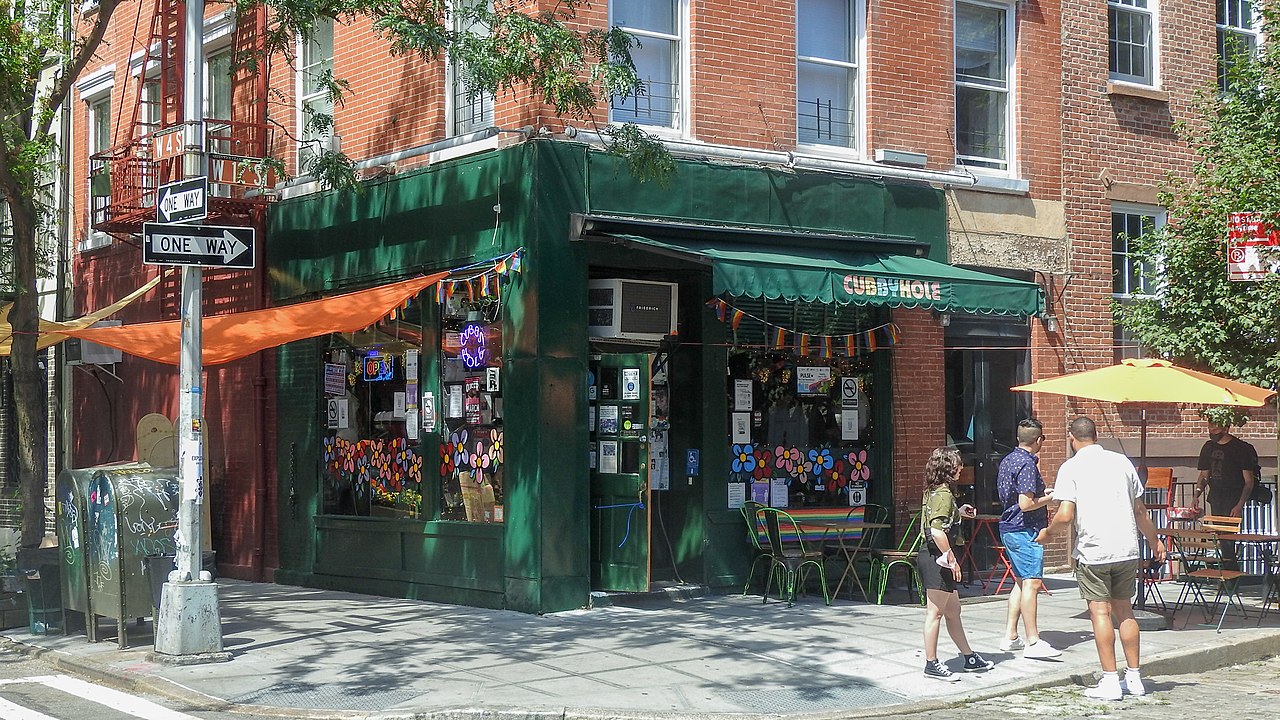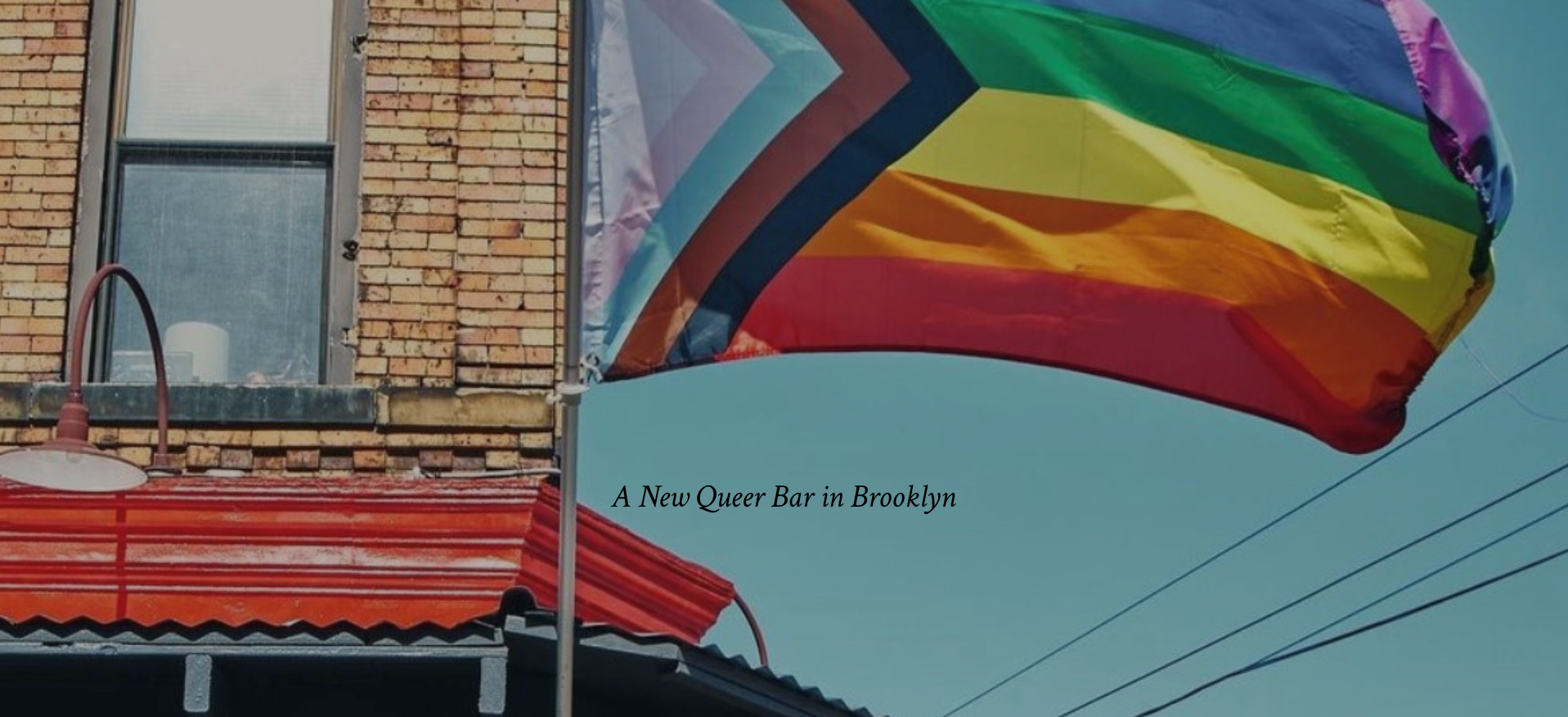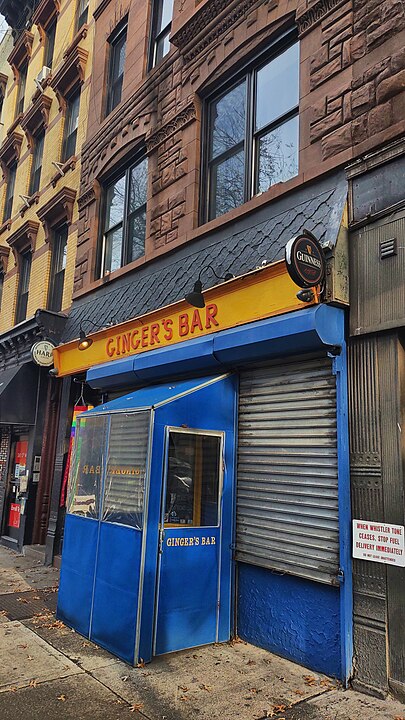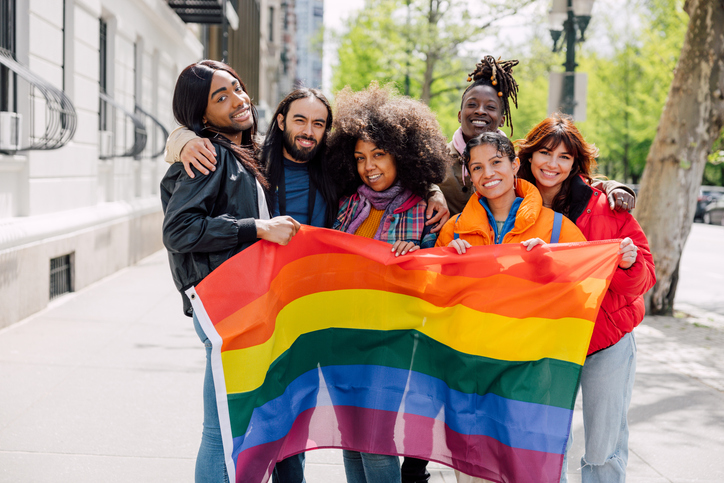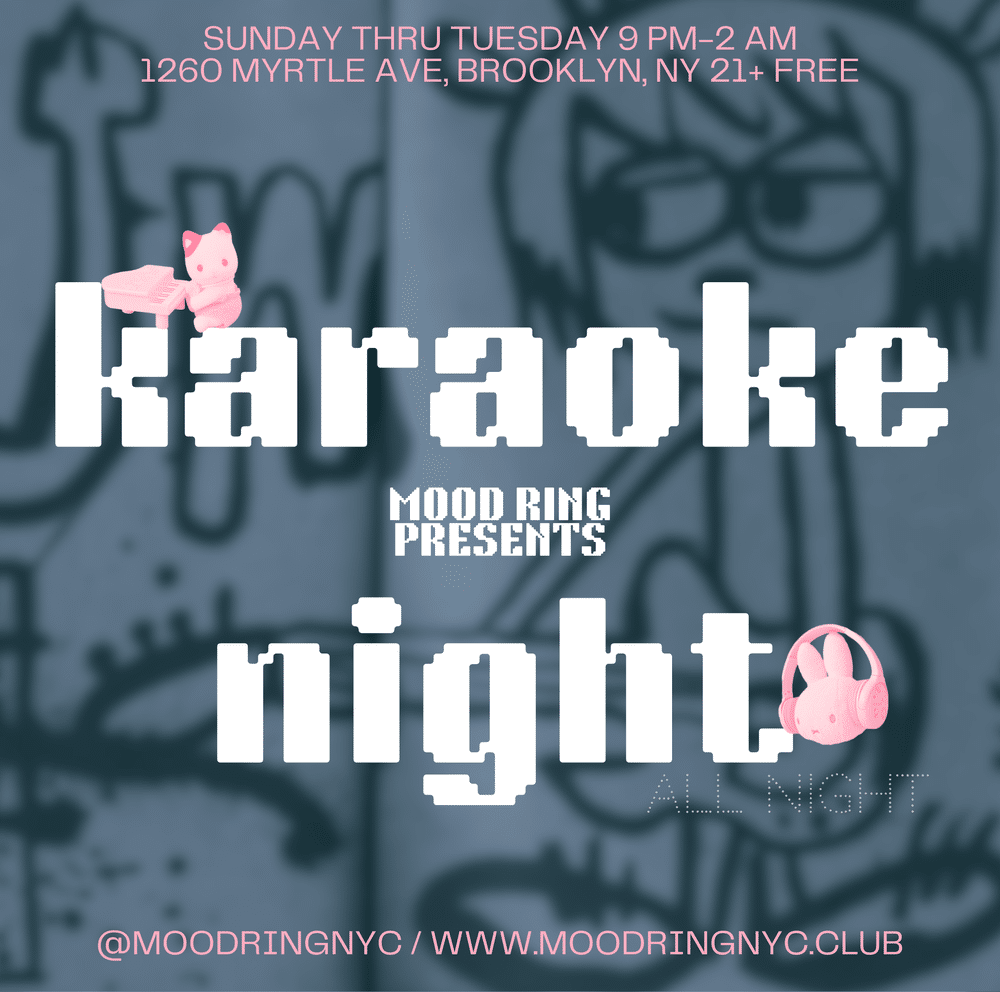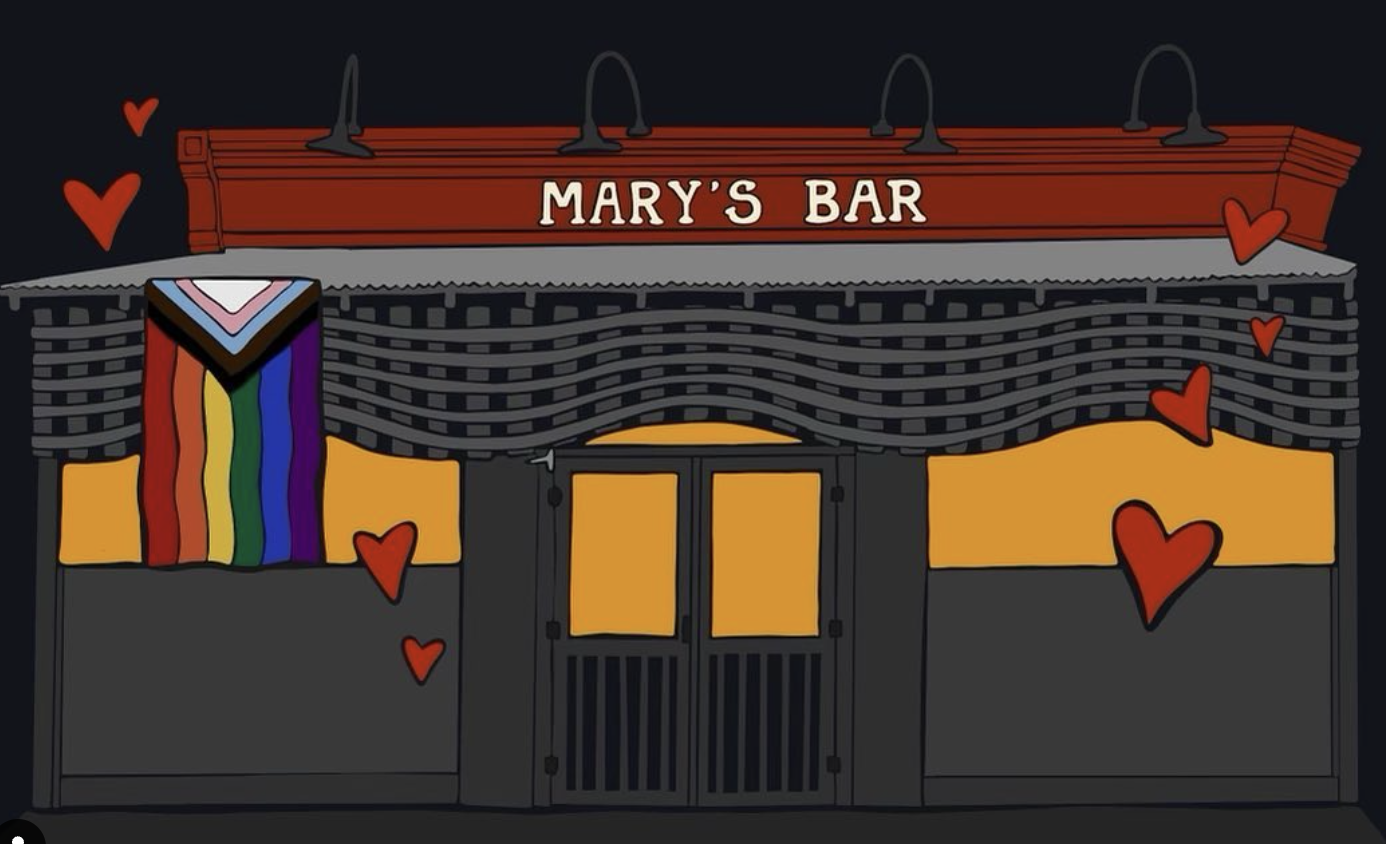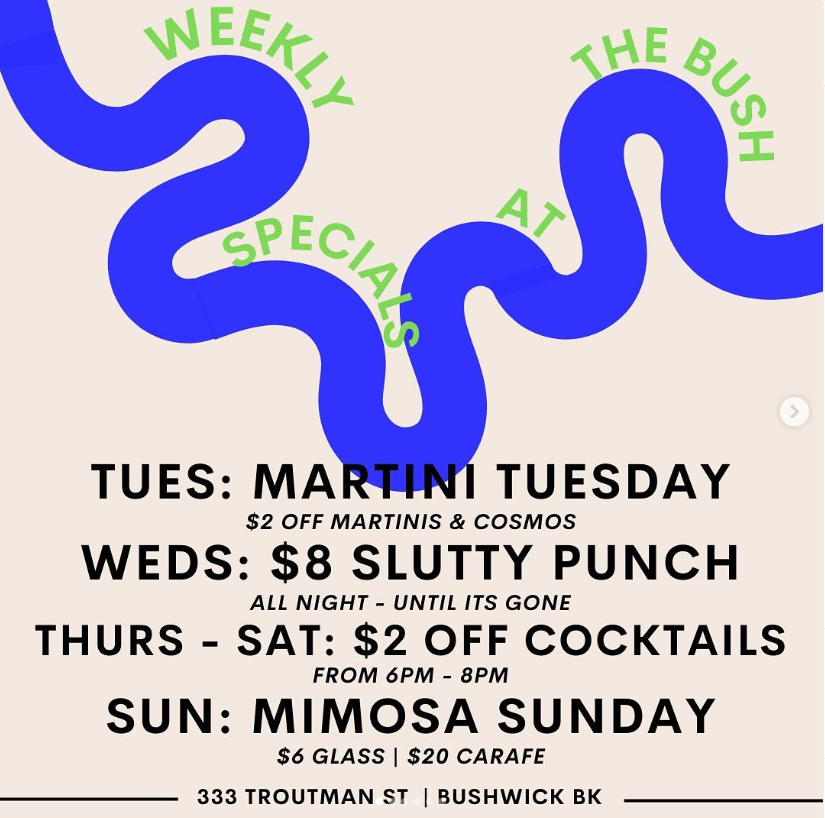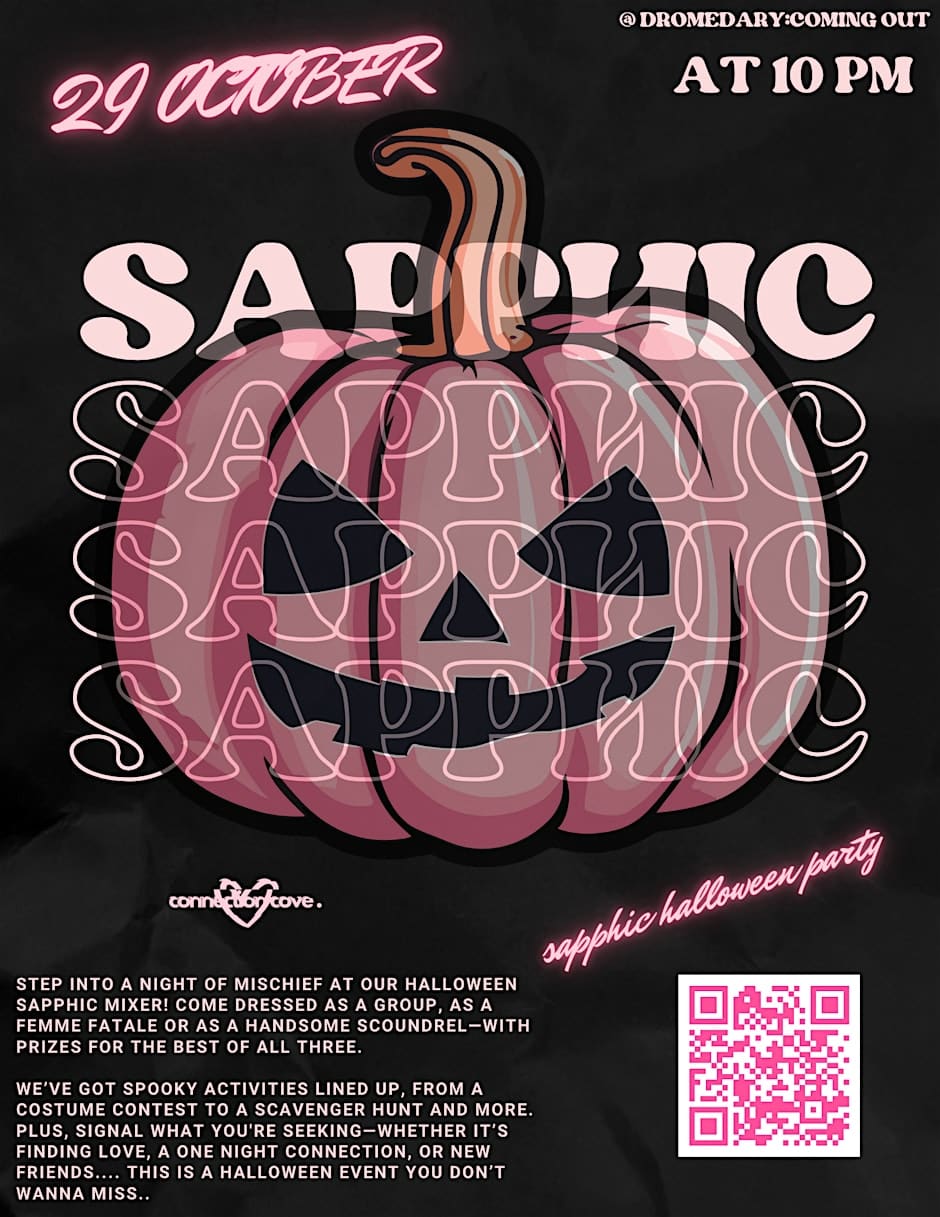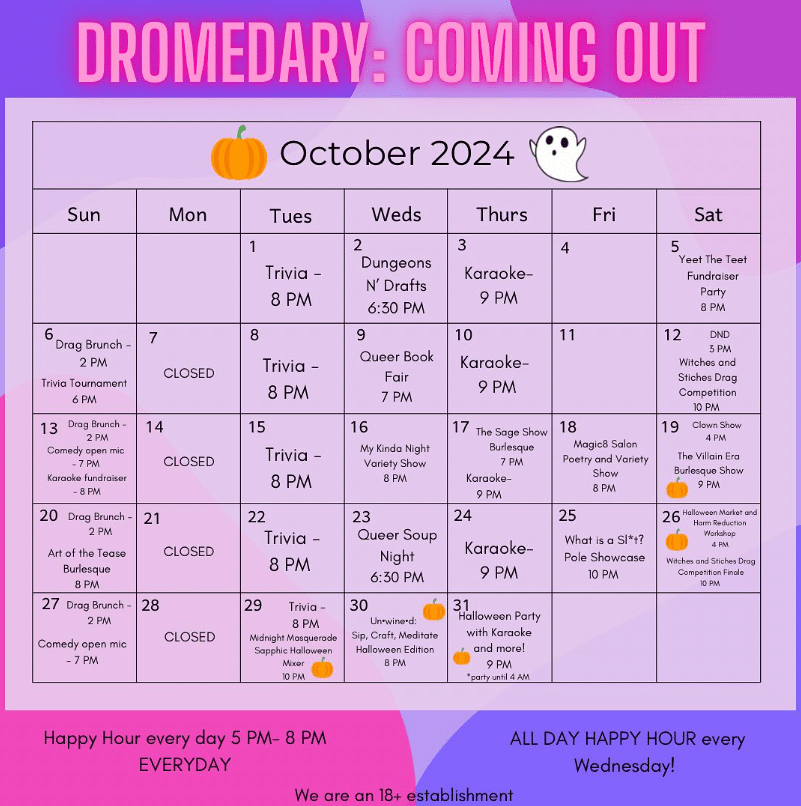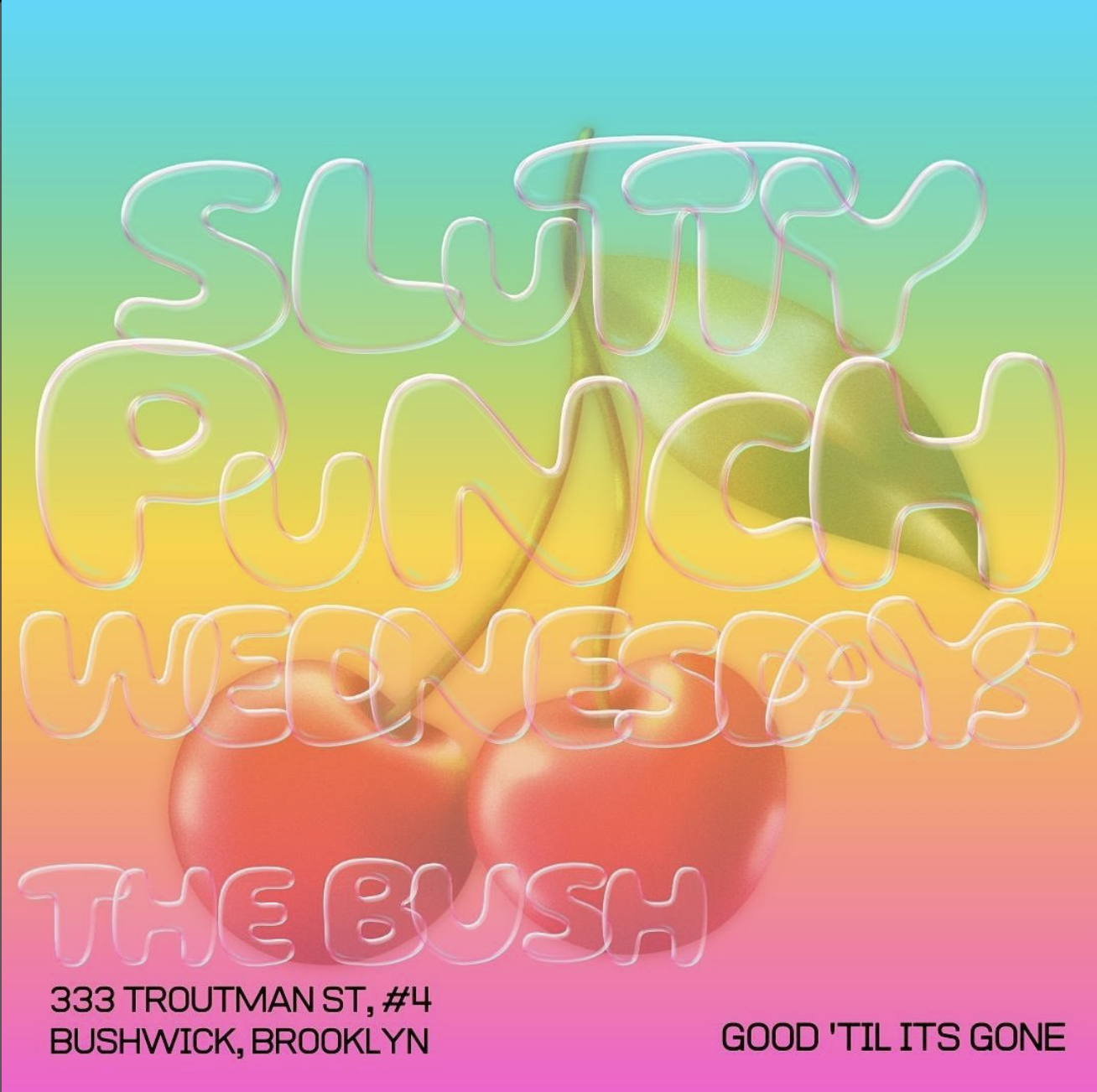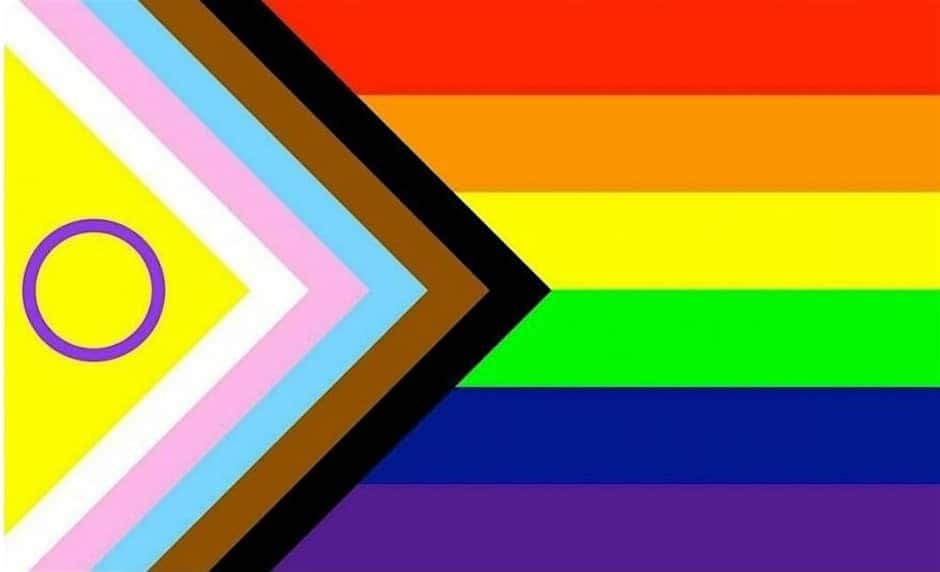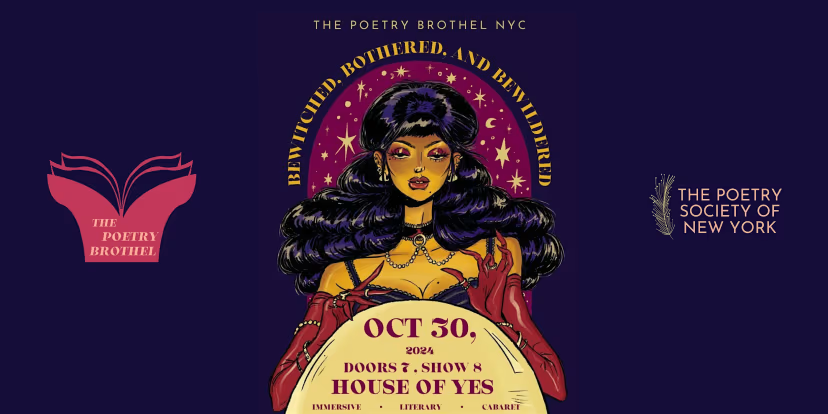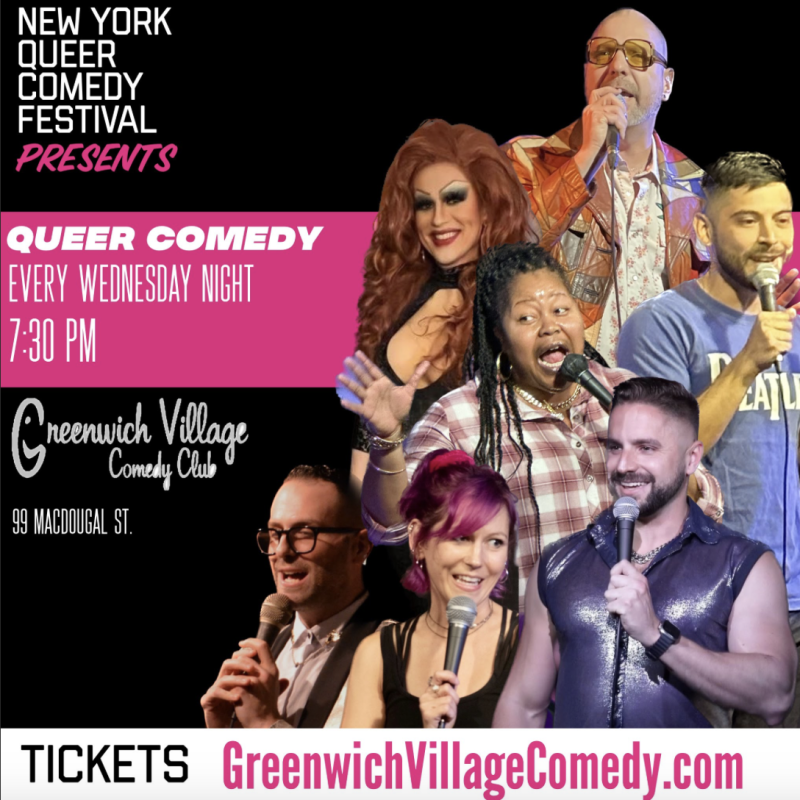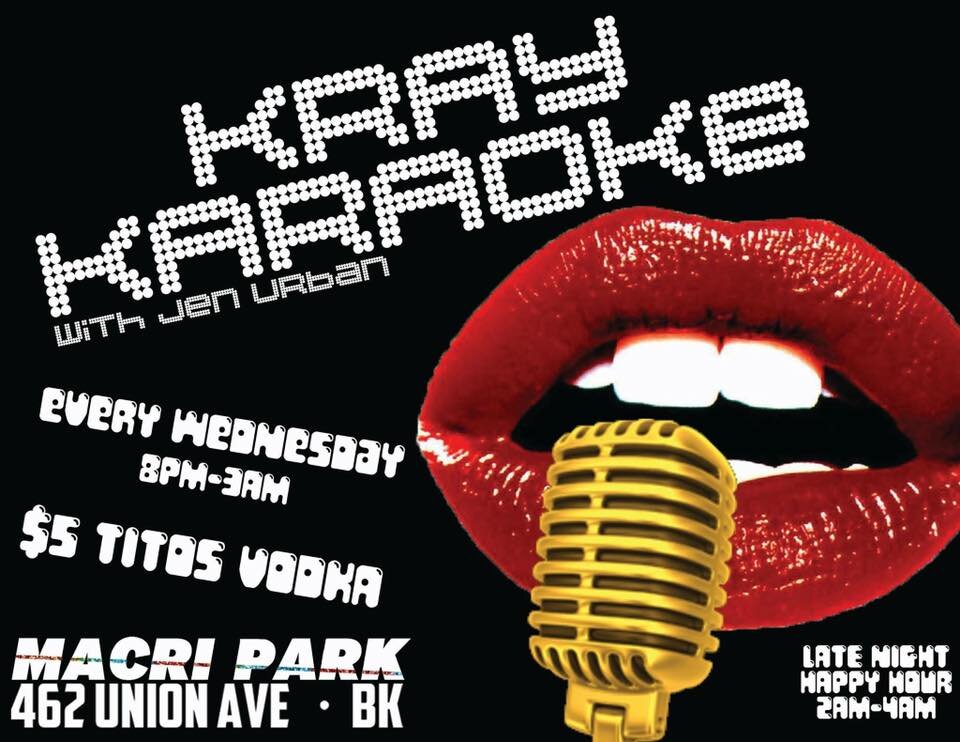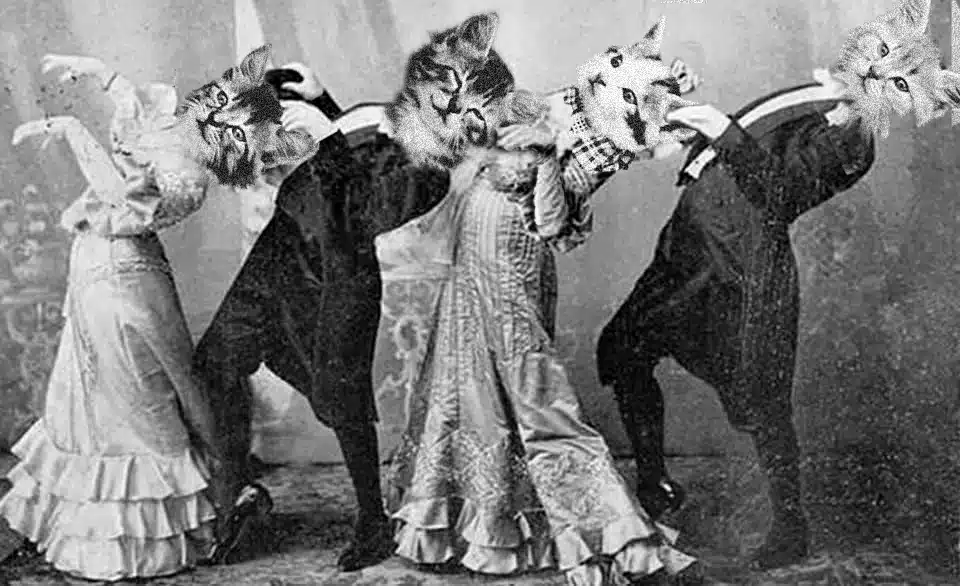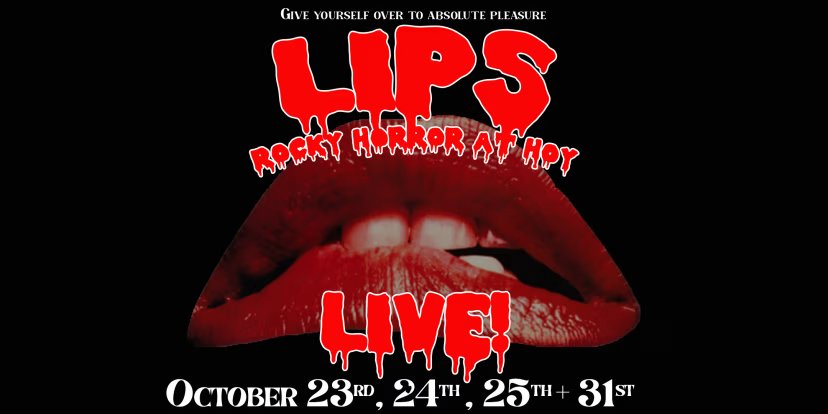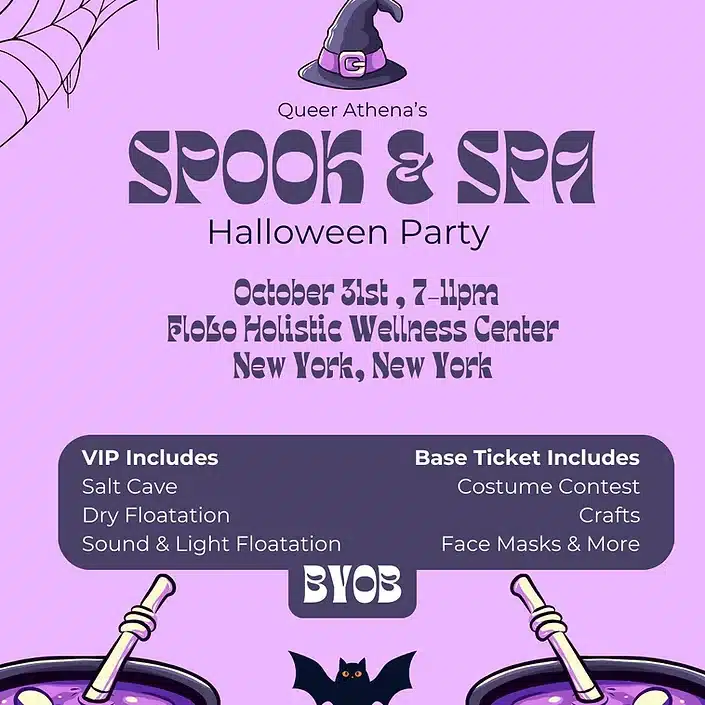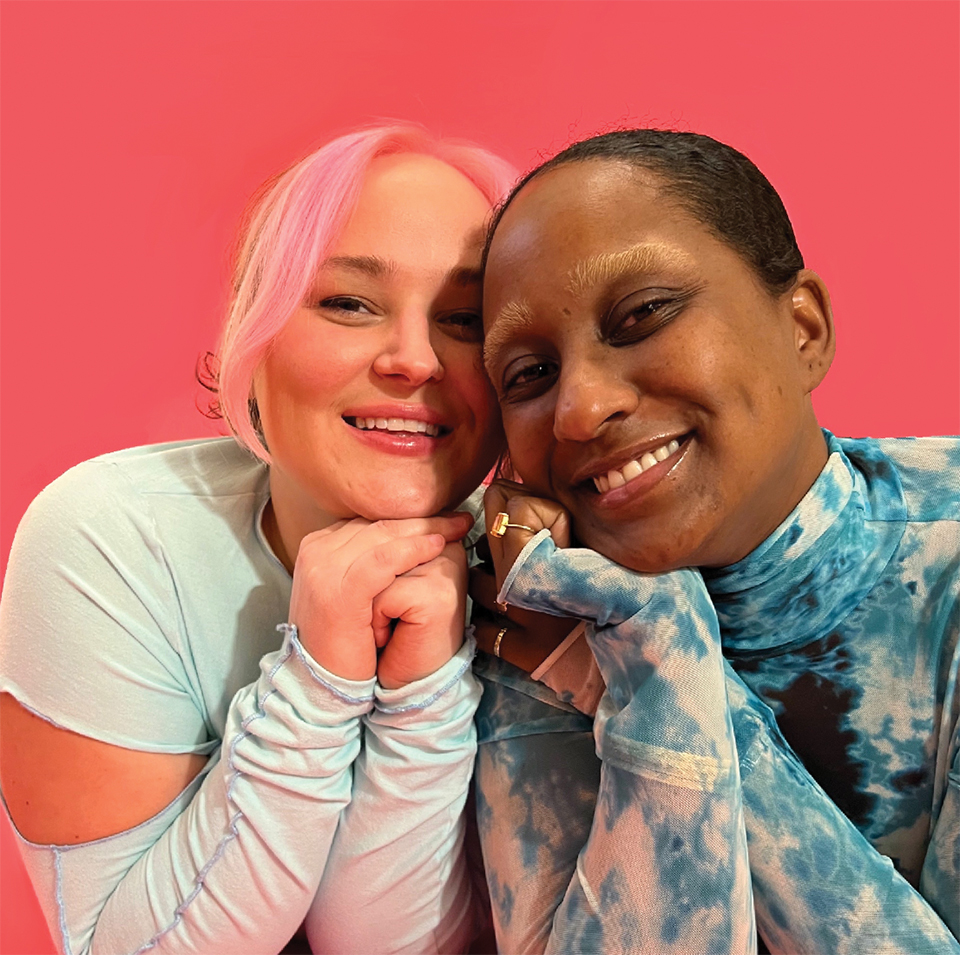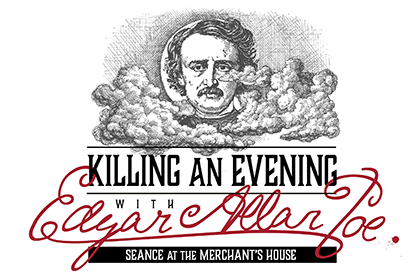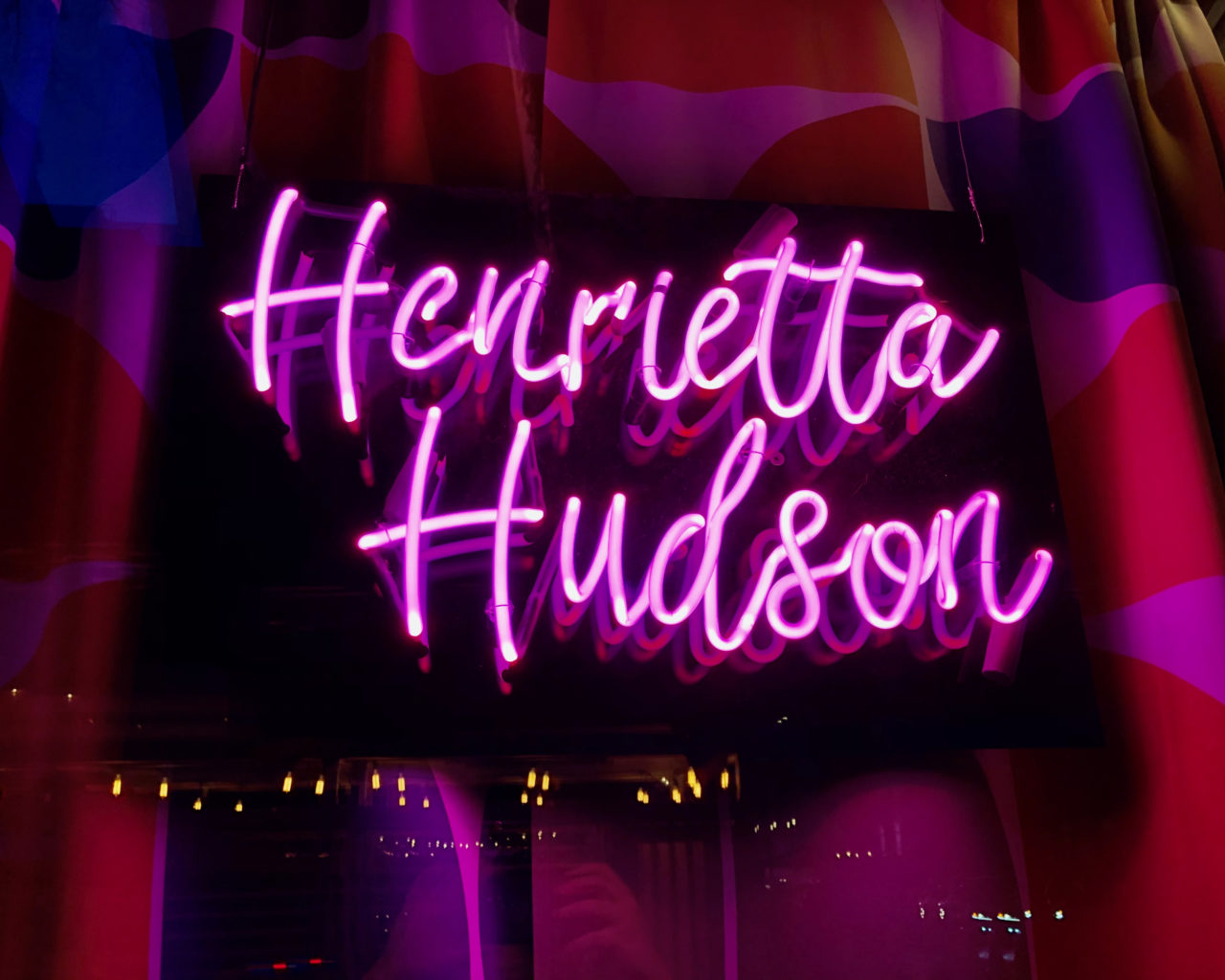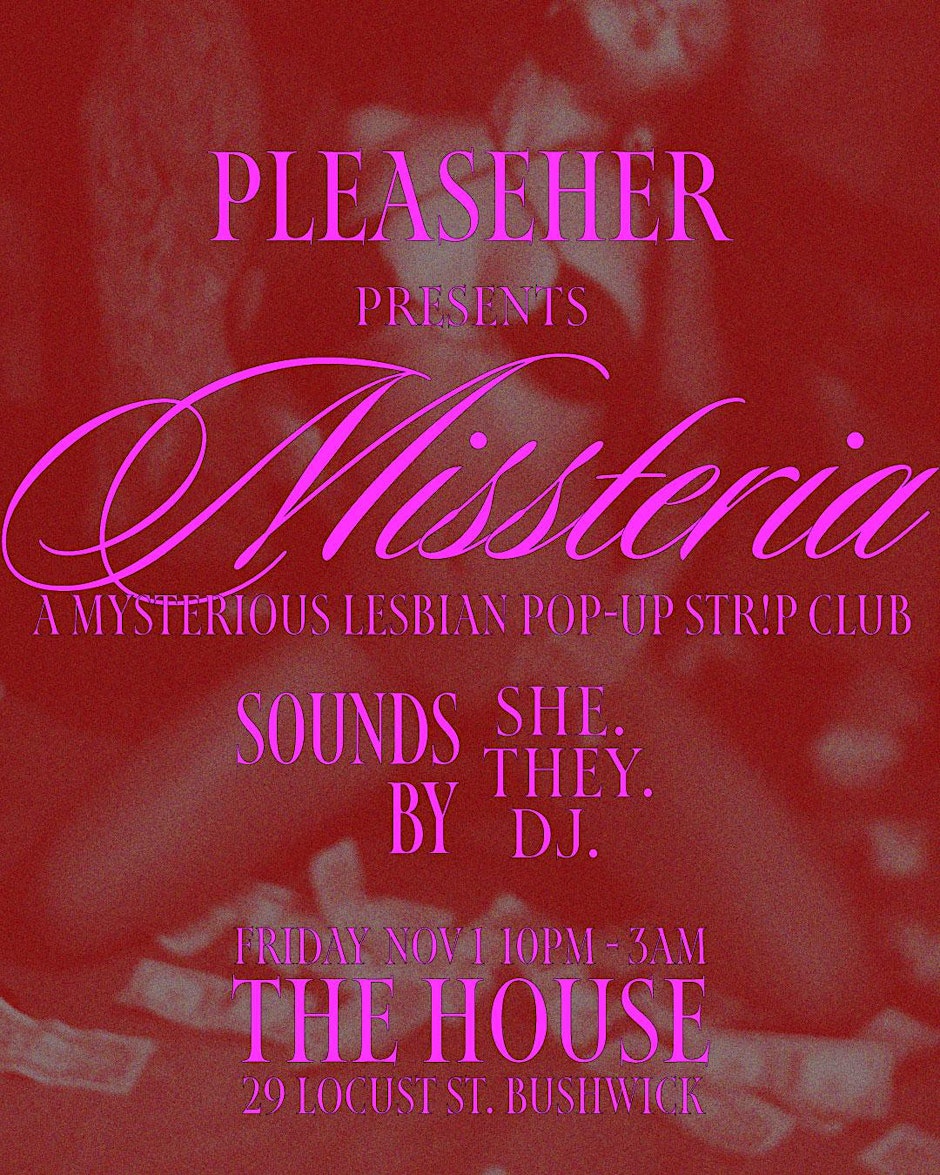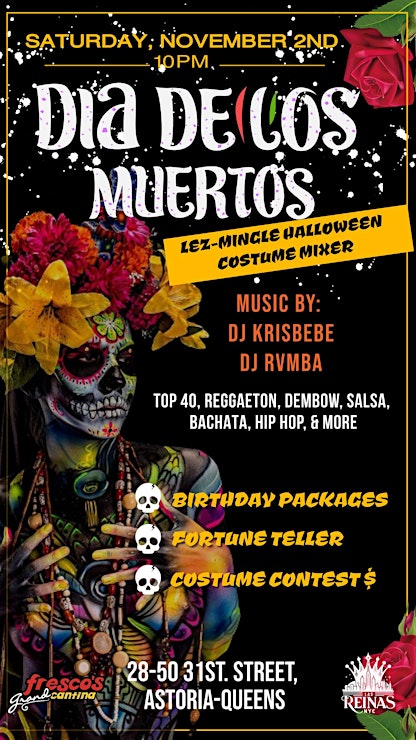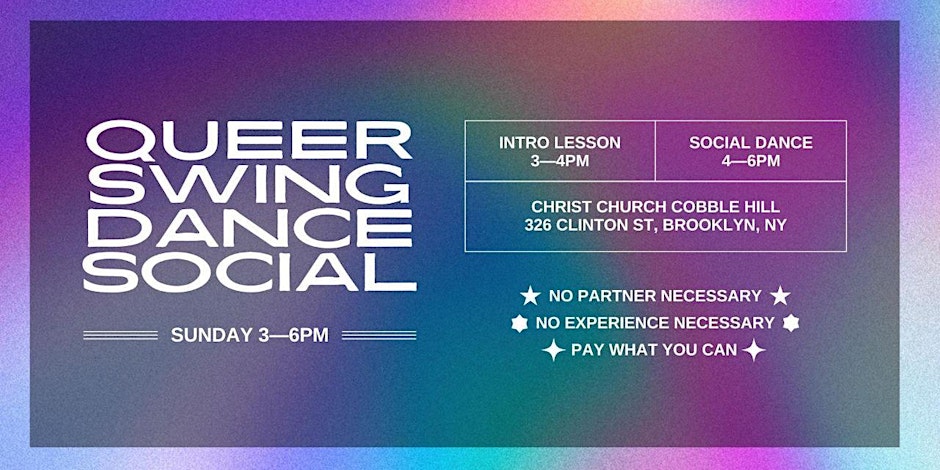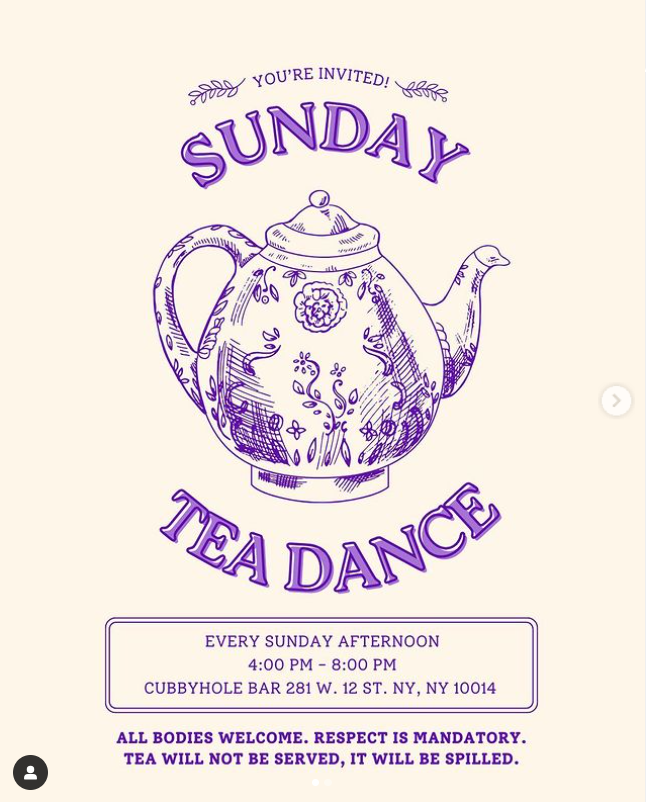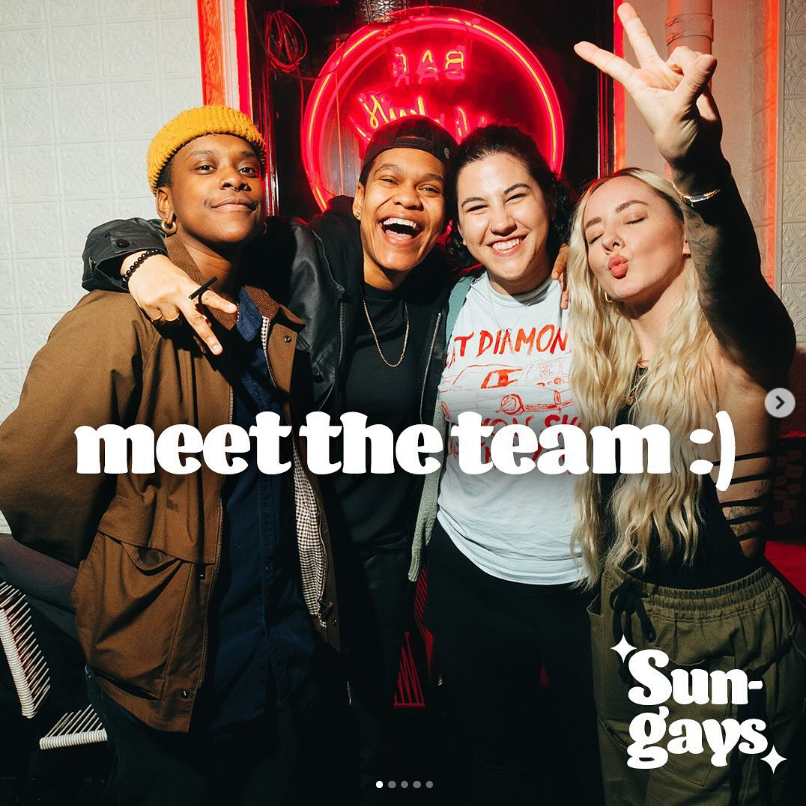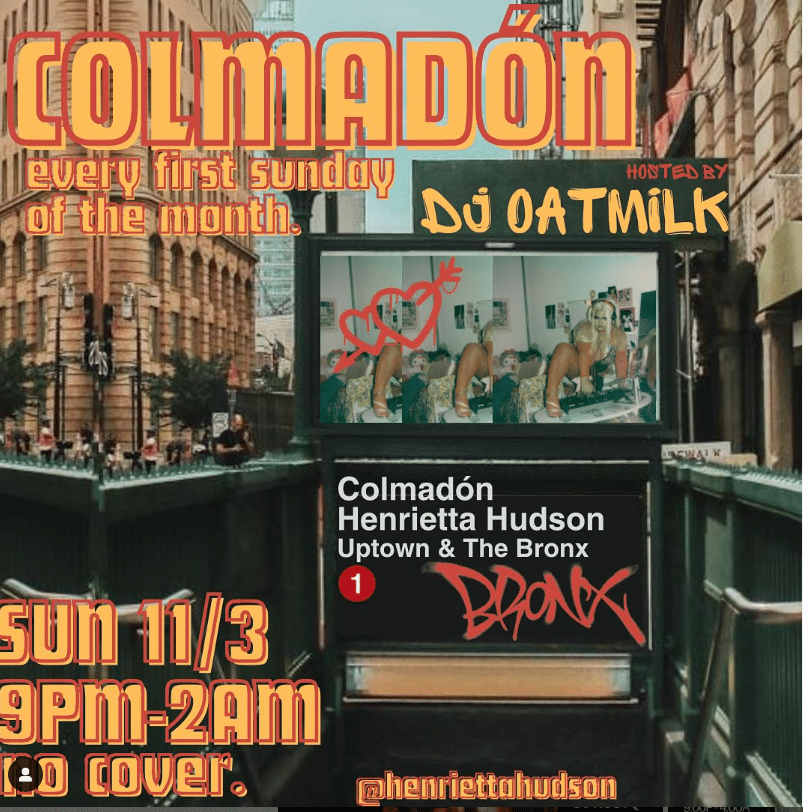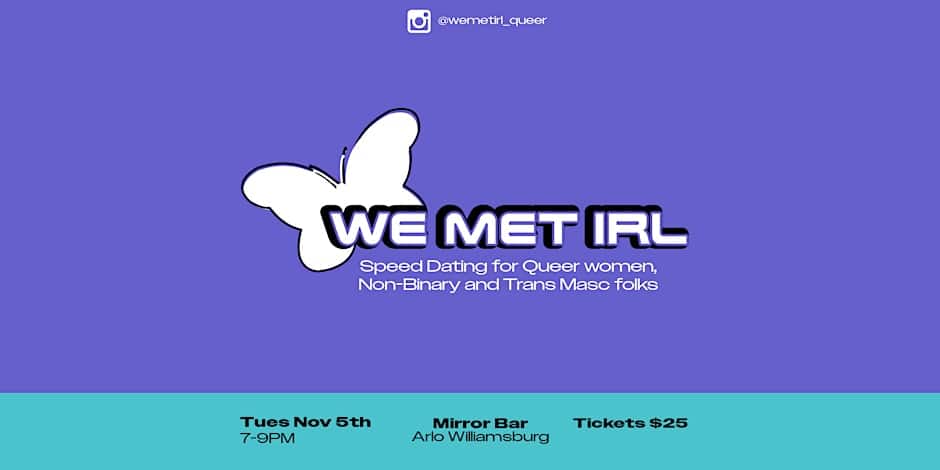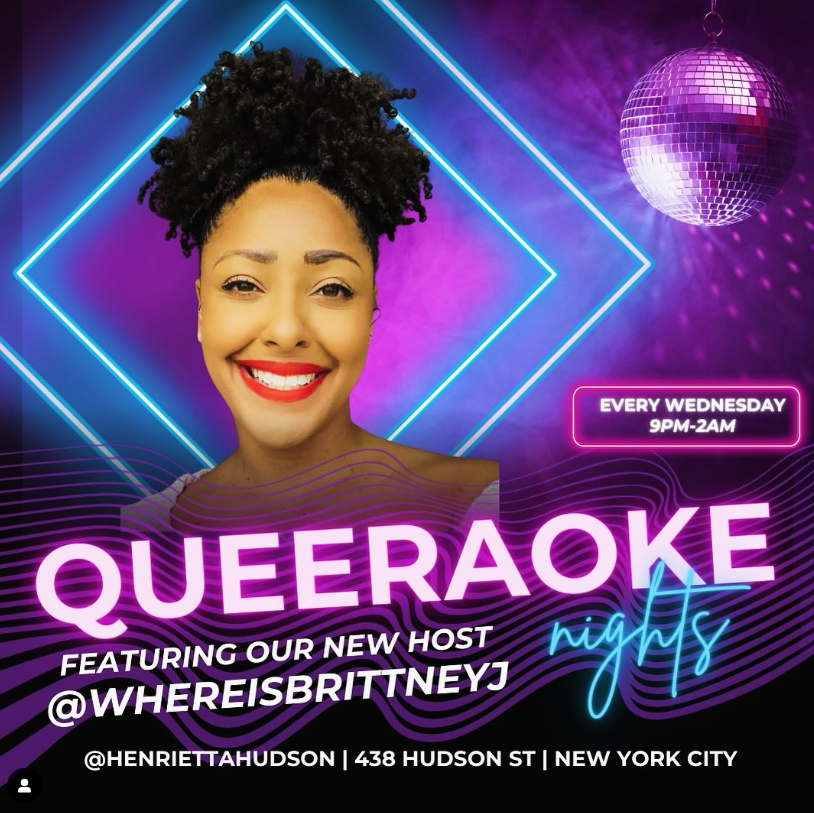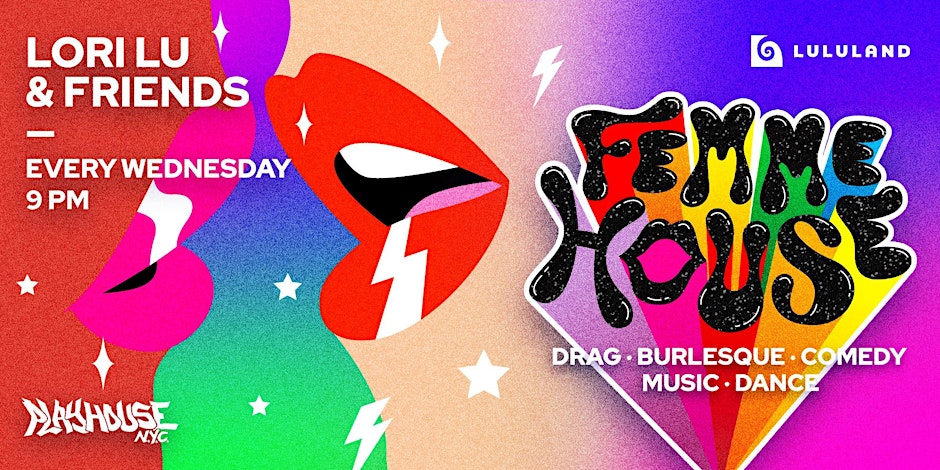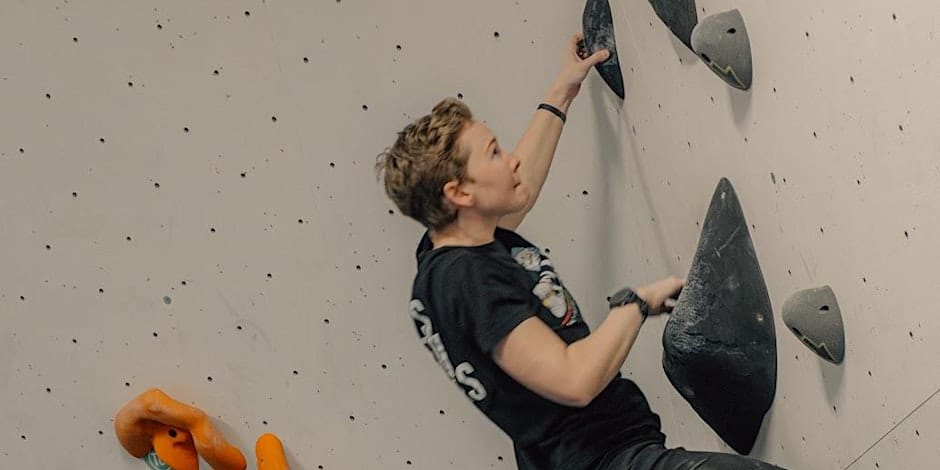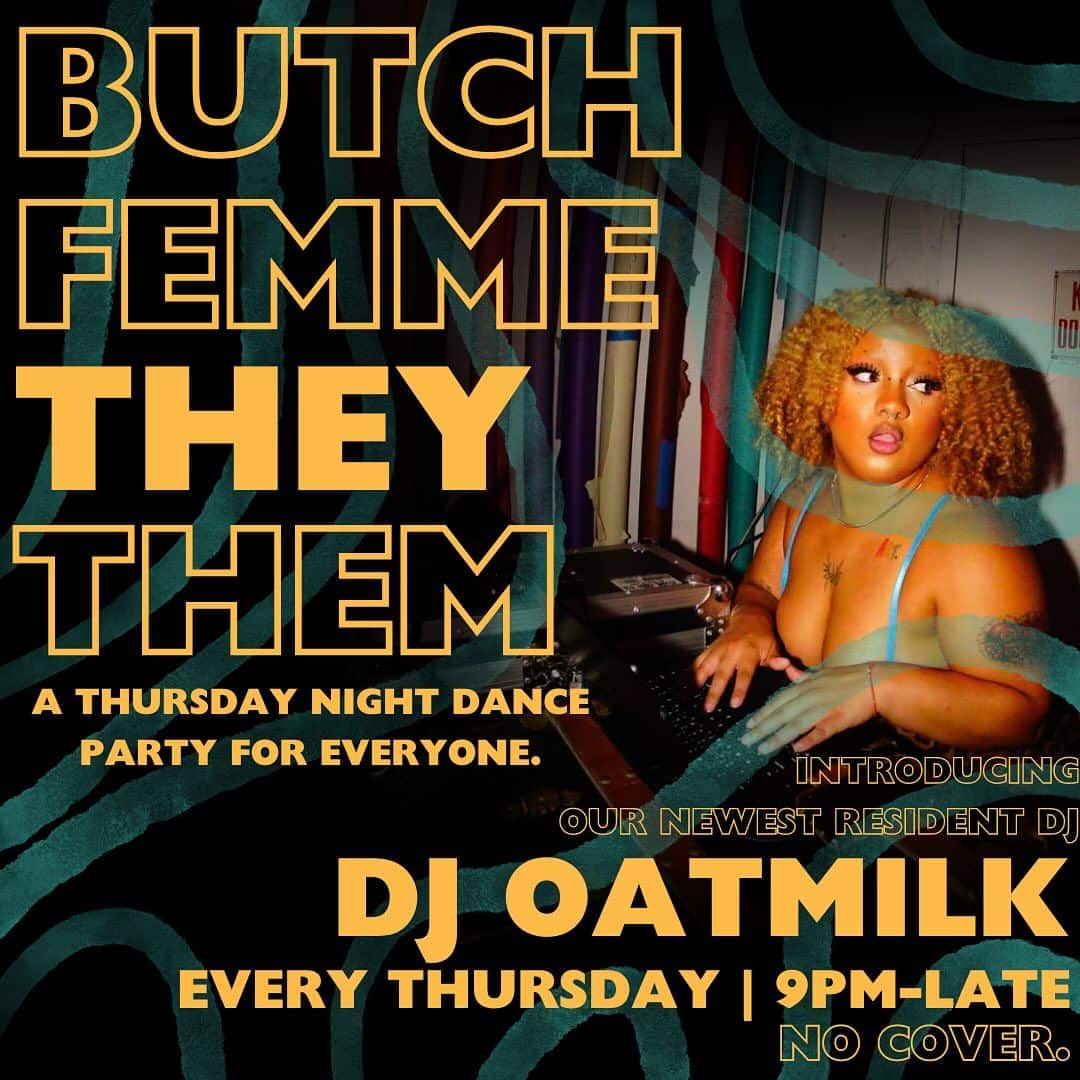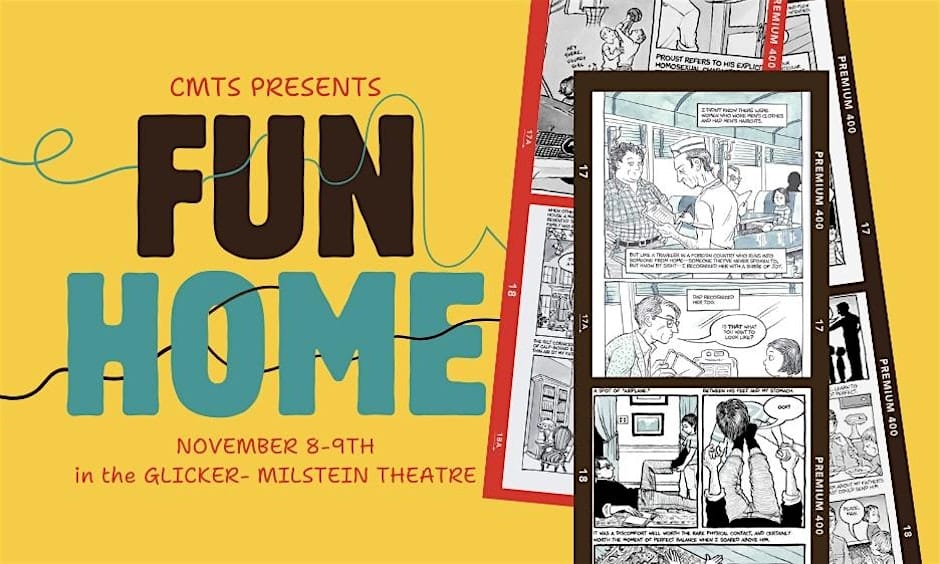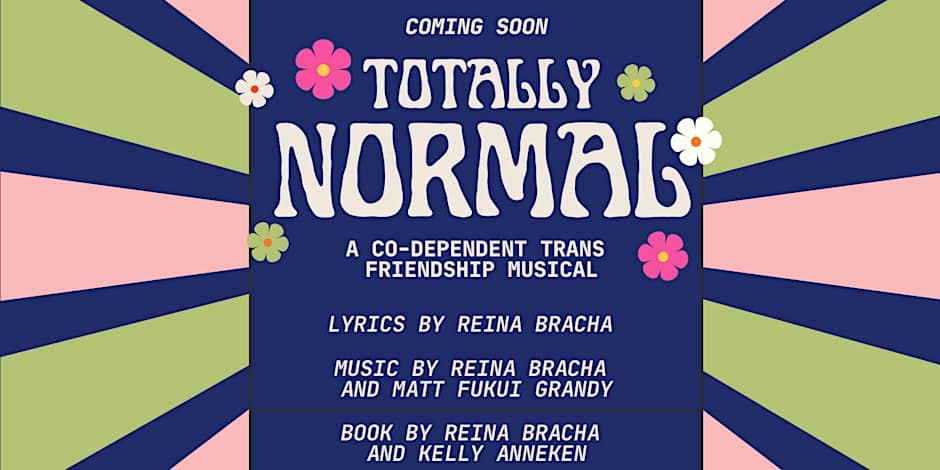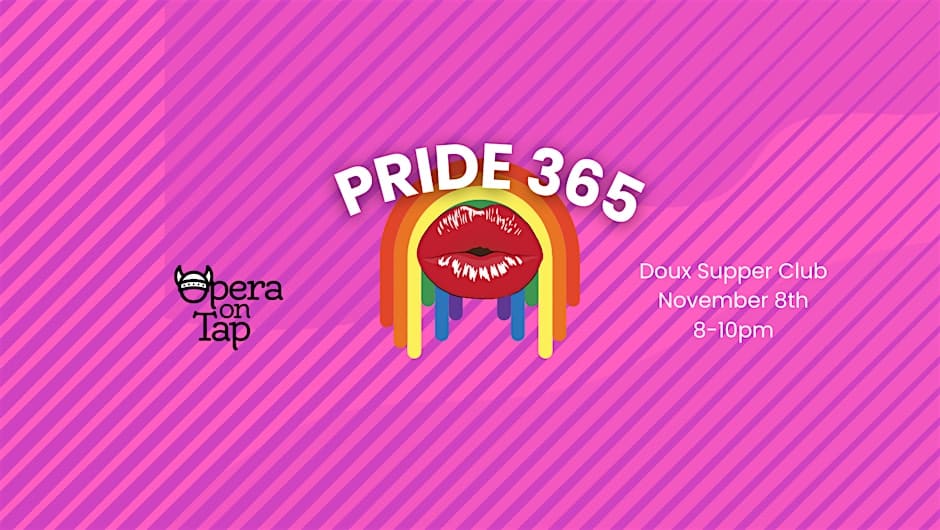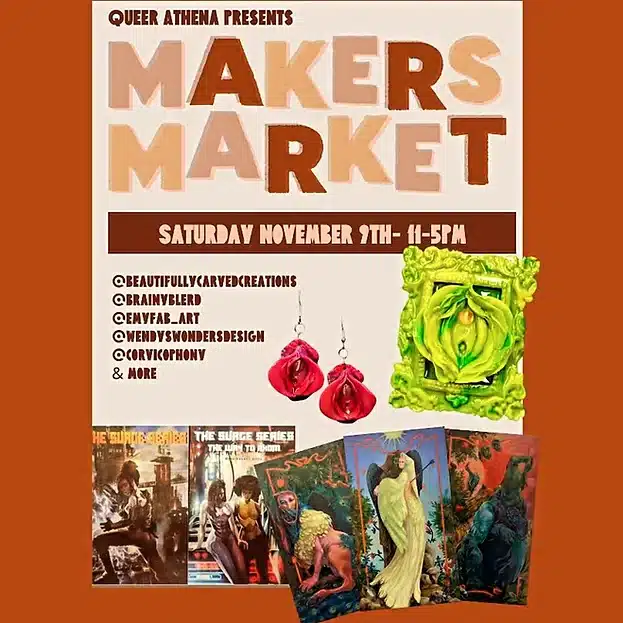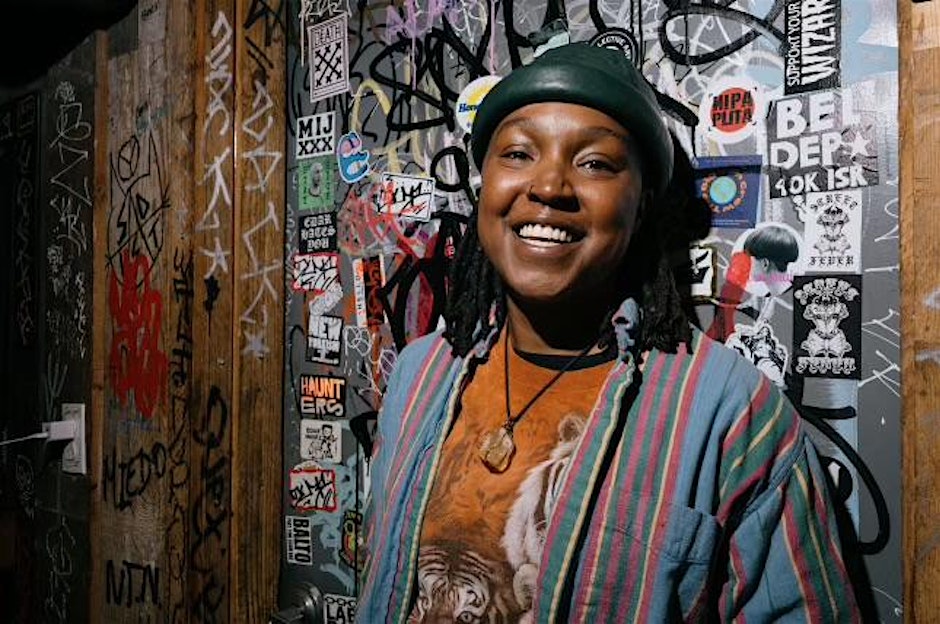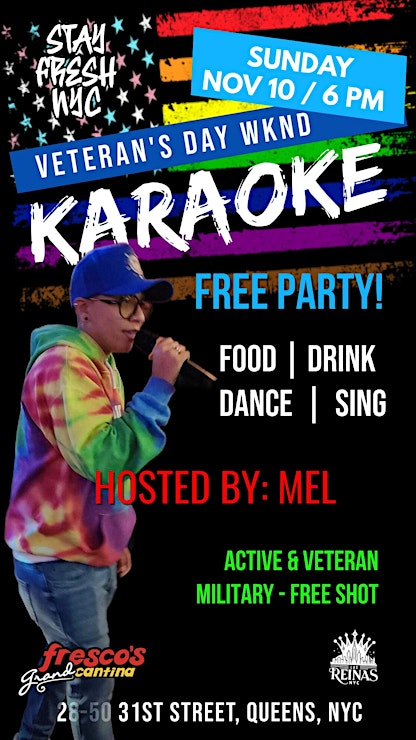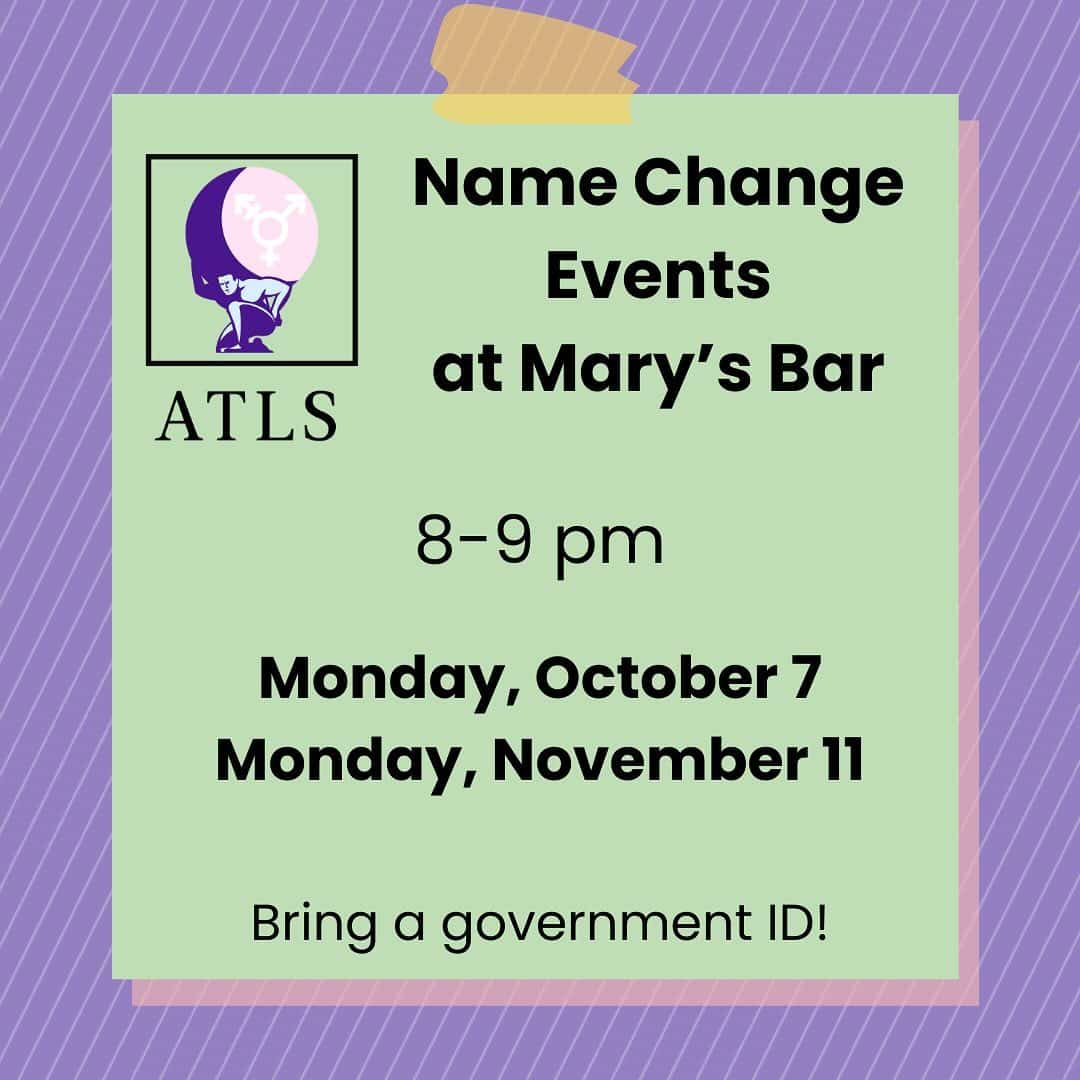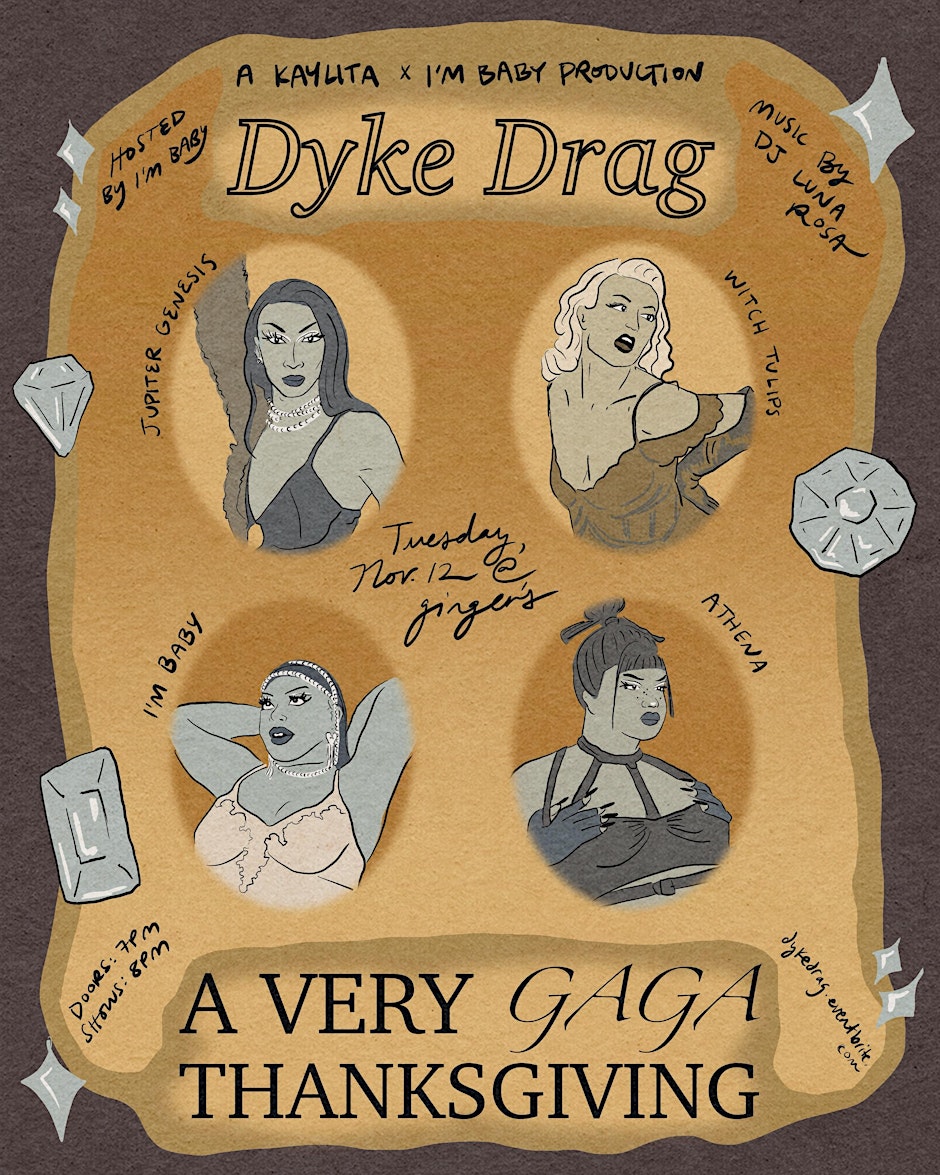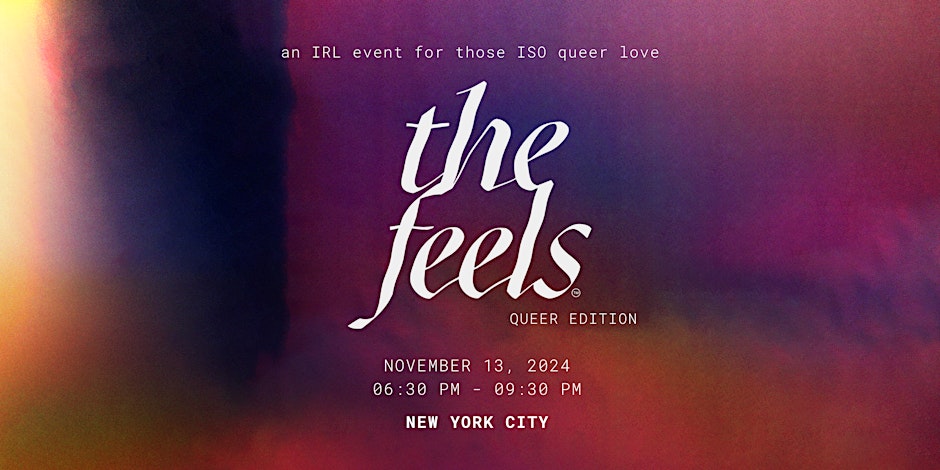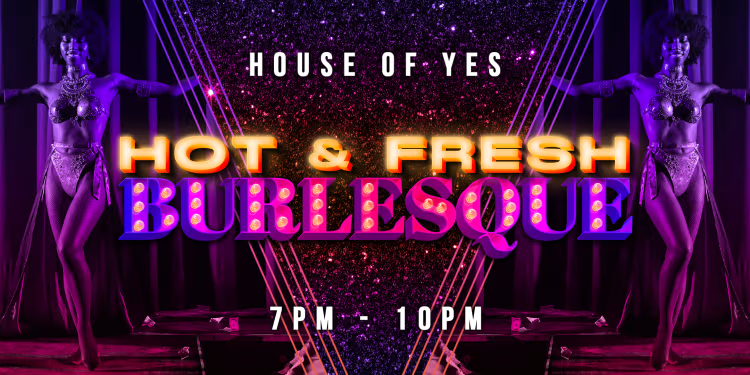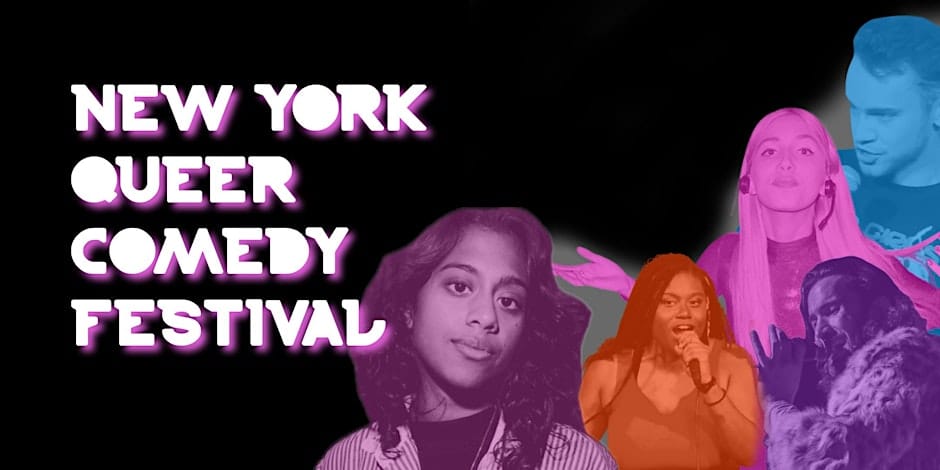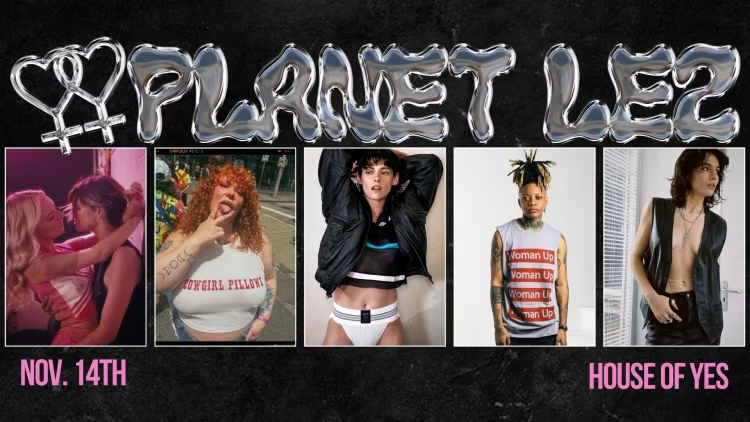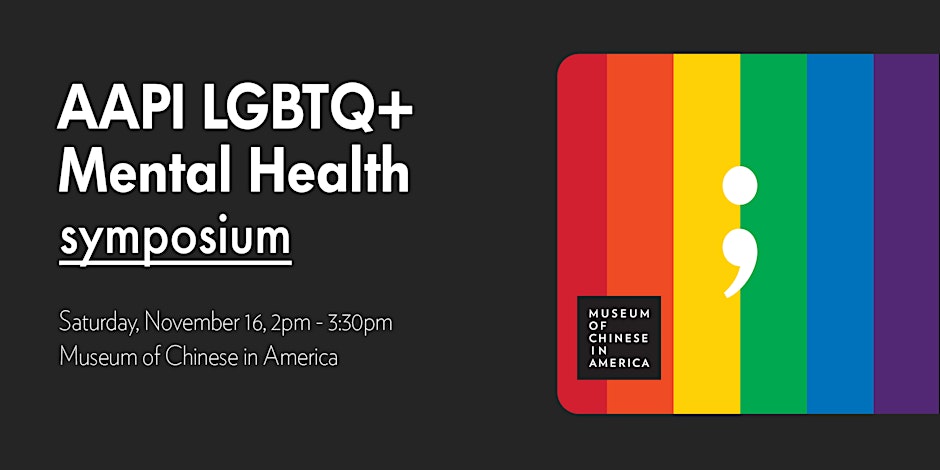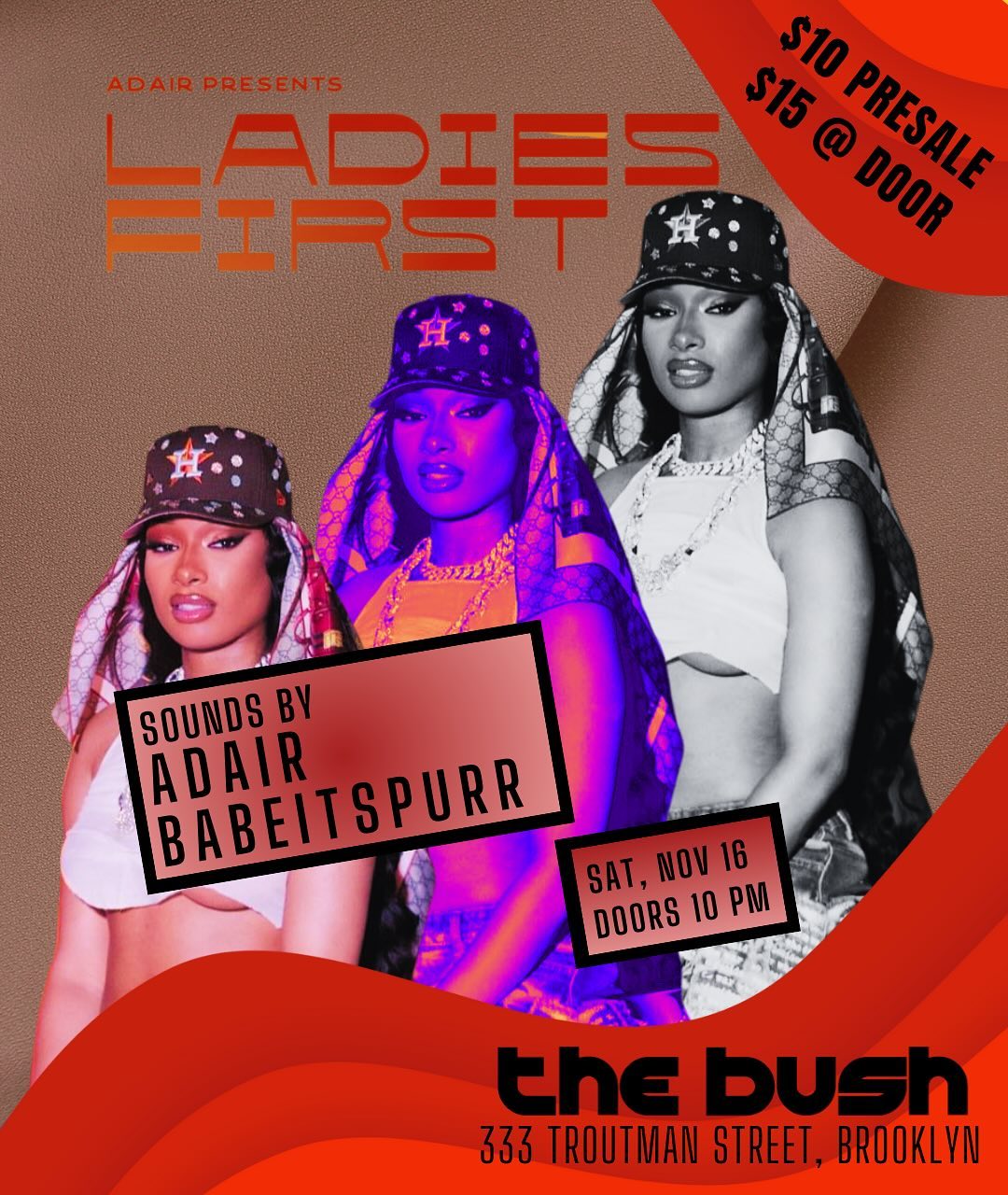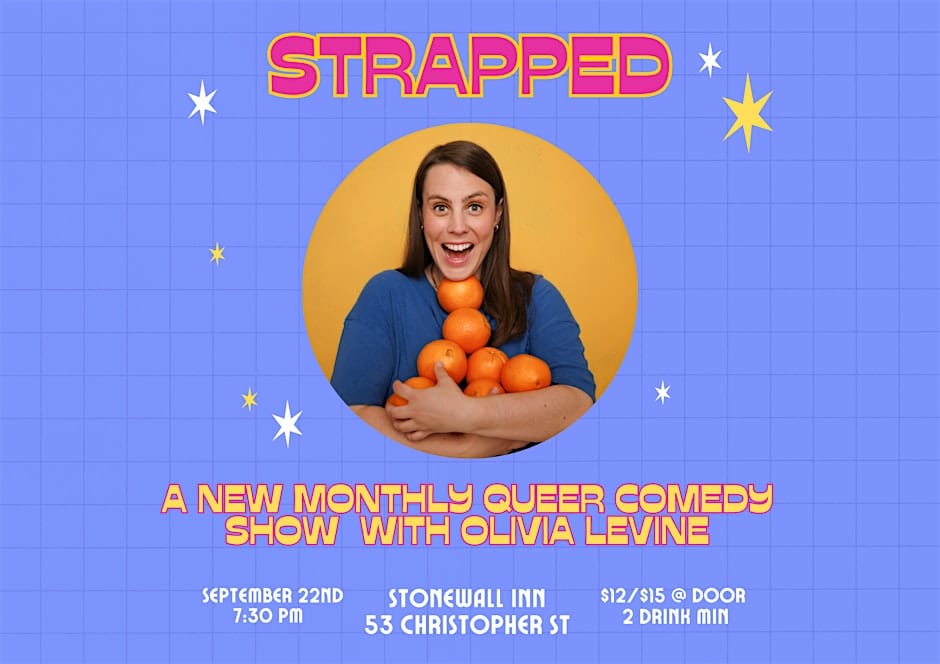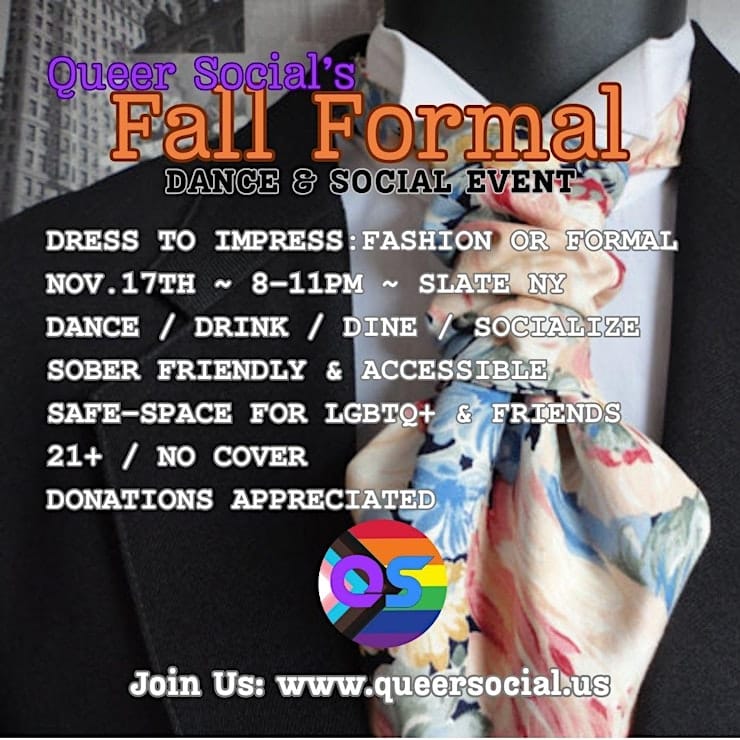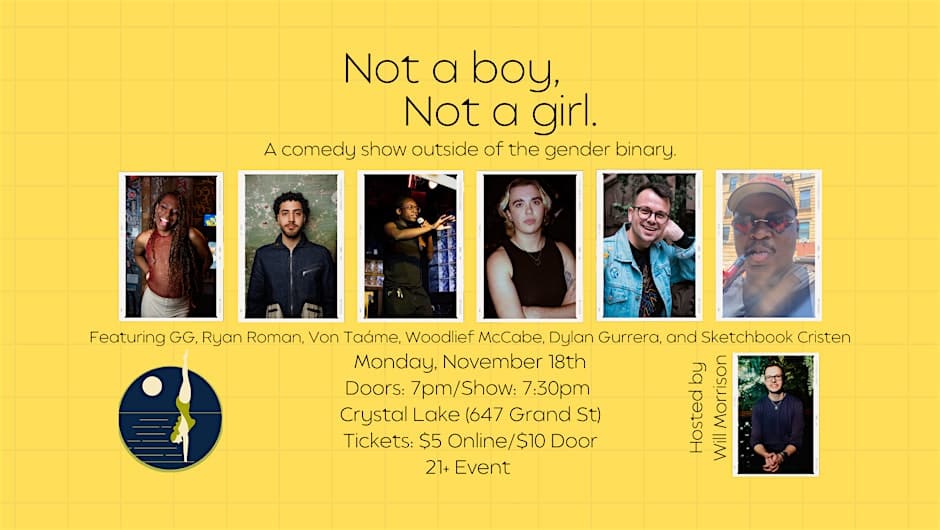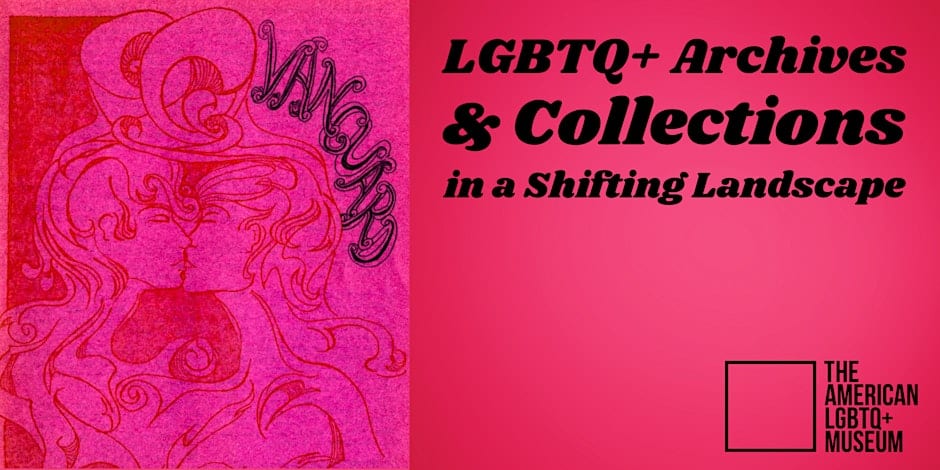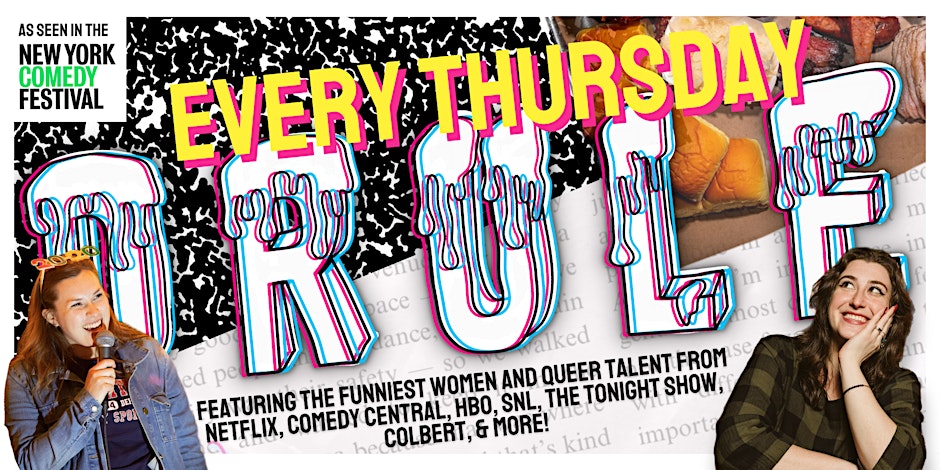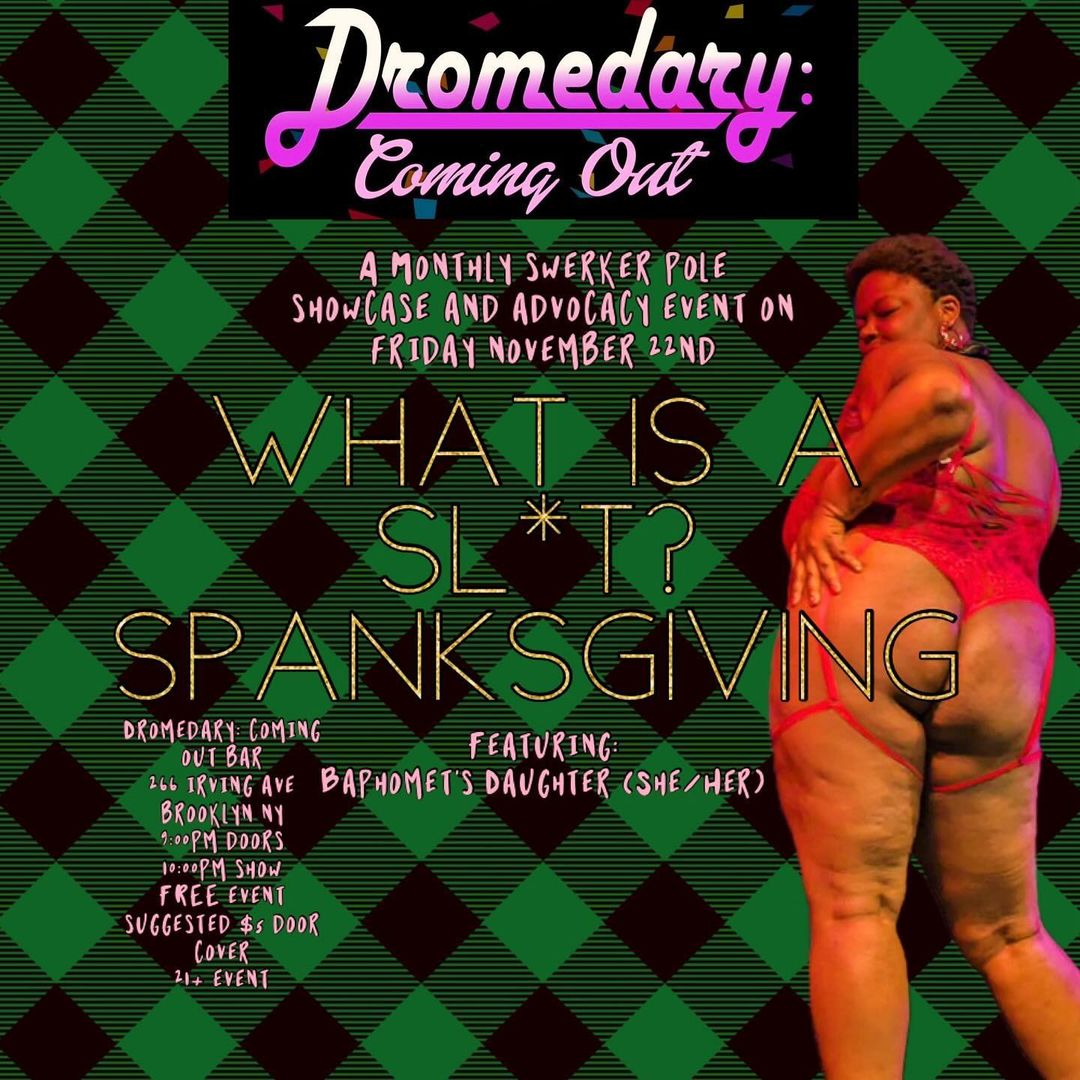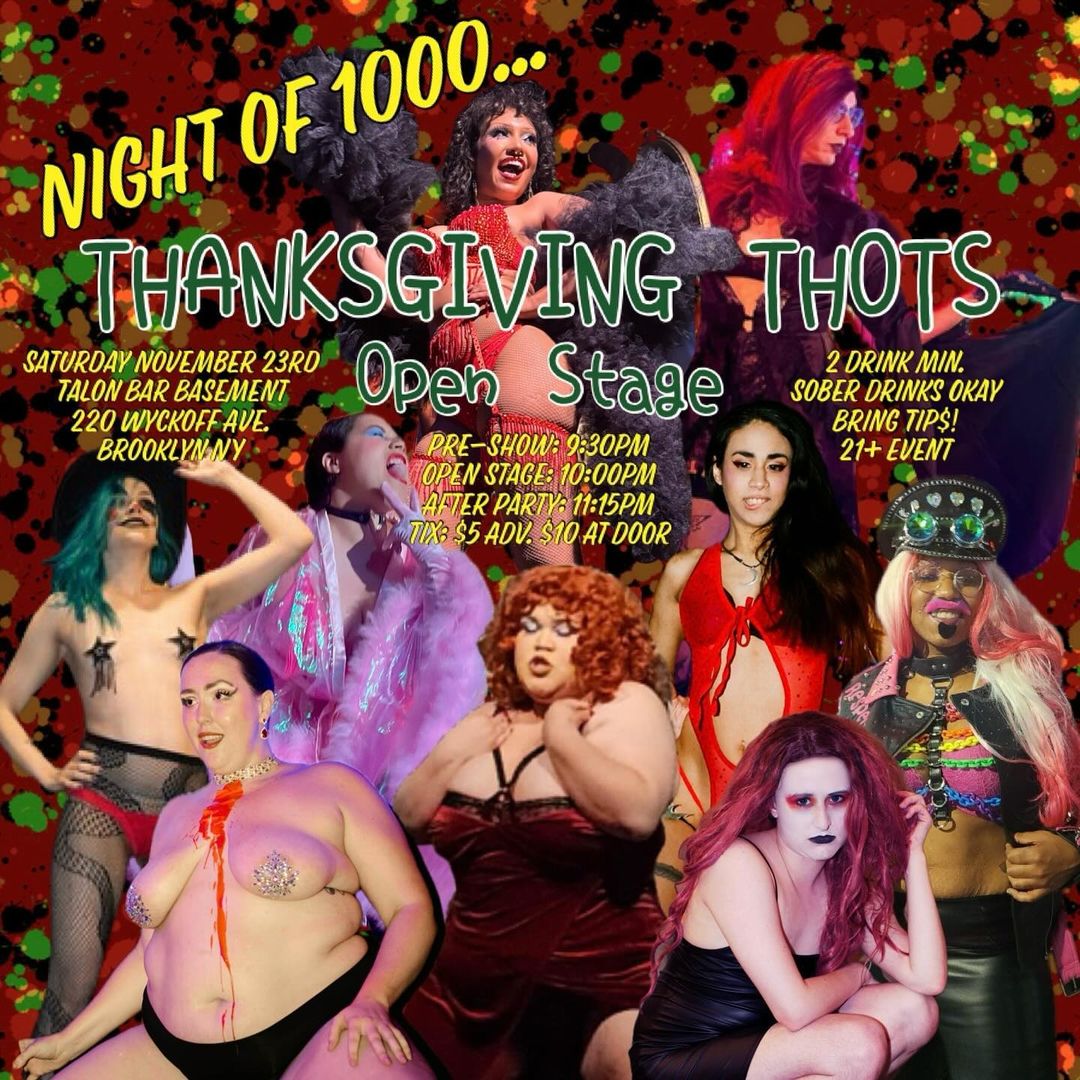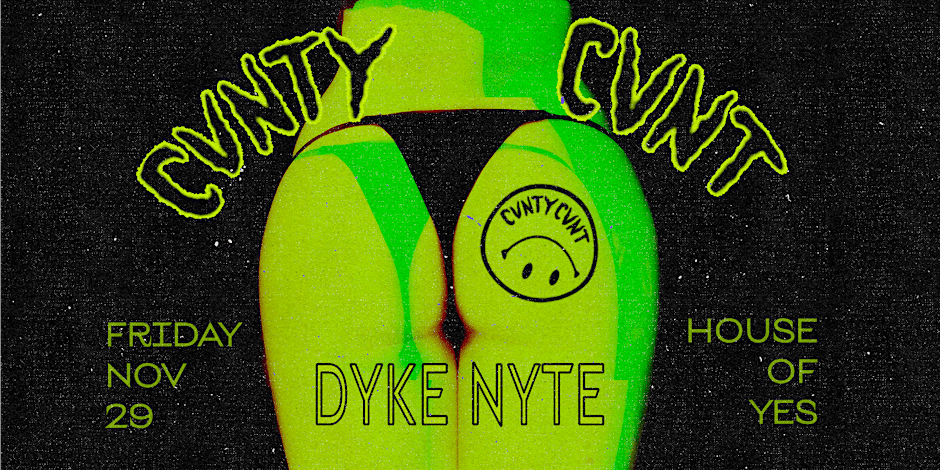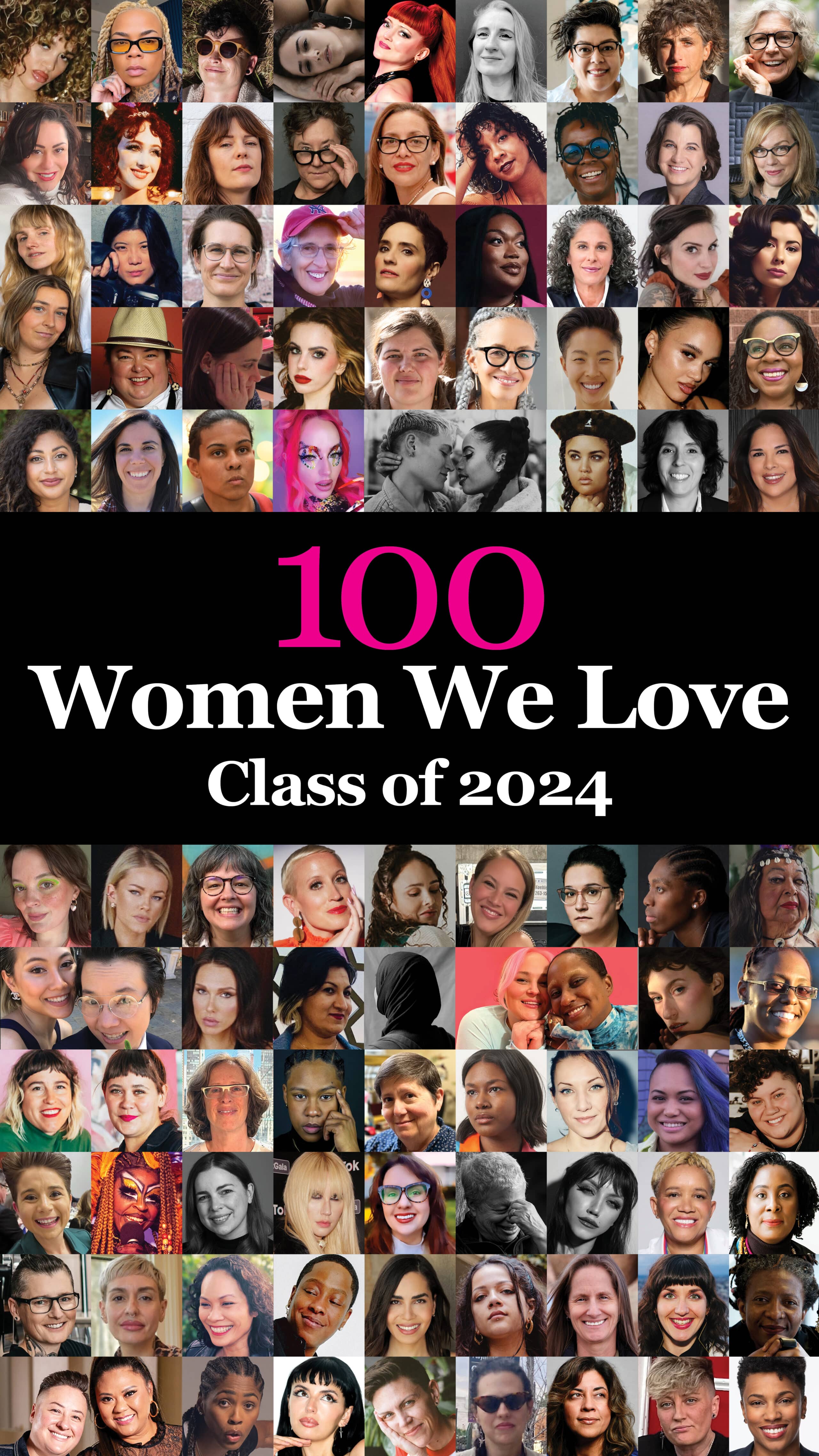Turkish President Recep Tayyip Erdogan won his third consecutive election in May 2023. A sea of flags and cheering supporters greeted him as he gave his victory speech. In it, he branded all 85 million citizens of Turkey “winners” of this election.
Not everybody felt victorious, though. Some Turkish citizens were downright terrified. Adar Bozbay, owner of Bigudi, the last-standing queer bar in Istanbul, tells GO, “So many people called me crying. They were so scared, asking what will we do, will we need to run away from Turkey… I calmed them but I couldn’t say much, because it is true, none of us feel very safe here.”
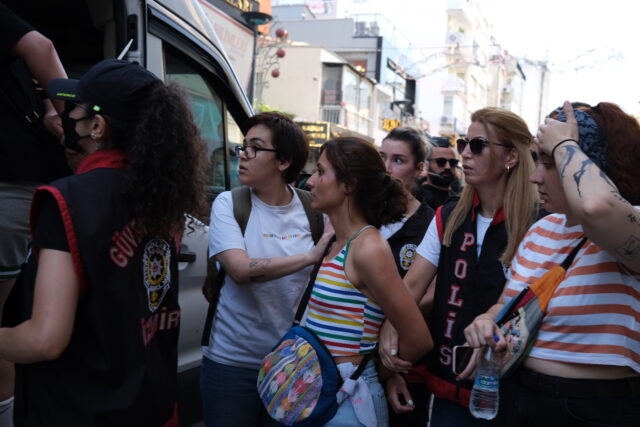
Queer Turkish people have good reason to fear Erdogan’s rule. The president consistently spews derogatory anti-LGBT+ slurs. Erdogan, like Italy’s Giorgia Meloni, like Lebanon’s political leaders, pits the LGBT+ community against traditional family values, in a thinly veiled attempt to gain popular support in the face of economic crisis, high unemployment and rising inflation. The streets of Istanbul – particularly Taksim, the nightlife district – are heavily policed by Bekcis, Erdogan’s ‘neighbourhood watchmen’ whom he instilled with unprecedented powers for surveillance and use of force. Men with AK-47s stand in full riot gear, their fingers hooked on triggers. The omnipresence of military men in this part of town is notably jarring for LGBTQ+ people who have been prohibited from marching in Pride since 2015, and have been met with police violence and arrest at every gathering they have defiantly organised.
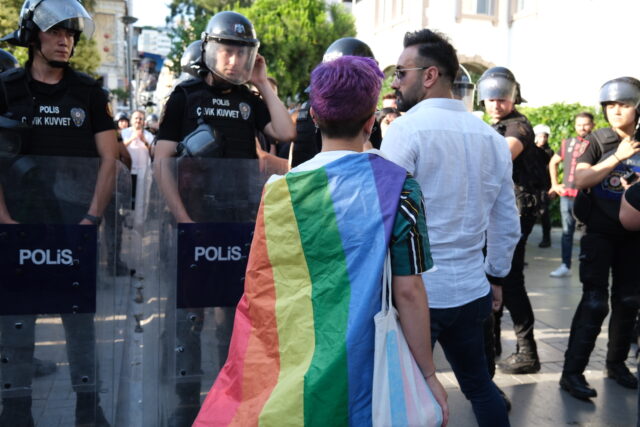
This time last year there were three queer bars in Taksim: this year, only Bigudi remains. It’s hidden behind discrete signage, with a pink triangle as its logo – a nod to the reclamation of the pink triangle the Nazis placed on homosexuals during the Holocaust. Up four flights of creaky stairs, Bigudi sits like a bird’s nest, a safe and secret place, perched atop a city that feels far from queer-friendly.
Inside Bigudi, queer life thrives; armour melts away as people stride into the bar. There are plenty of students, fabulous and gender-queer, shooting shots of Jäger under a sign that reads Fuck Gender Roles. Bottles of Efes beer clink as cigarette smoke saunters out the big open windows. The DJ takes great pleasure in swinging the crowd from Turkish acid-trance to Born this Way. ‘God makes no mistakes,’ someone shrouded in a trans flag wails.
Behind the counter, Bozbay mixes drinks, her infectious smile and chiselled jaw both central features of her bar. The 41-year-old filmmaker-by-trade has held the space for almost two decades now. “People hear that I am Kurdish,” she says, “and that I am a woman, and they wonder how, after 17 years, I can still be open, when so many places around are closing,” she says. “There’s no secret: only that I am very stubborn, and I don’t want to close.”
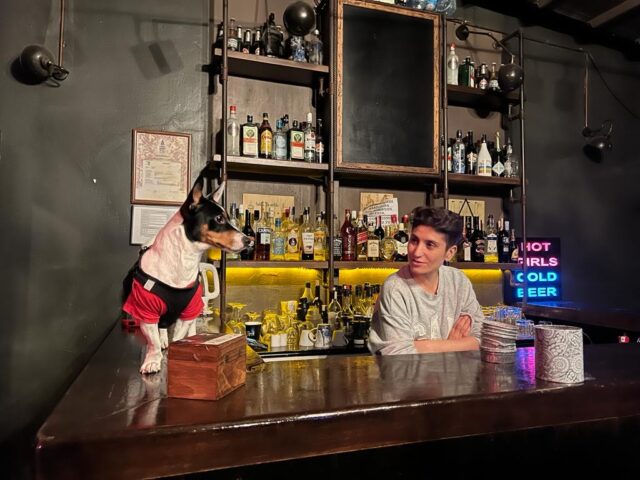
Bozbay speaks frankly of her growing desire to spend less time in Bigudi, and devote more of herself to making films. She fears that her bar won’t survive without her full focus, and this is a risk she is unwilling to take, most notably for the young adults and students who fill her dancefloor. “There are 5000+ bars in Istanbul,” says Bozbay, “we are the only one that states that we are only for LGBT and queer people,” she says, noting that there are “gay-friendly bars, but it is not the same, we have no other safe zone in the city.”
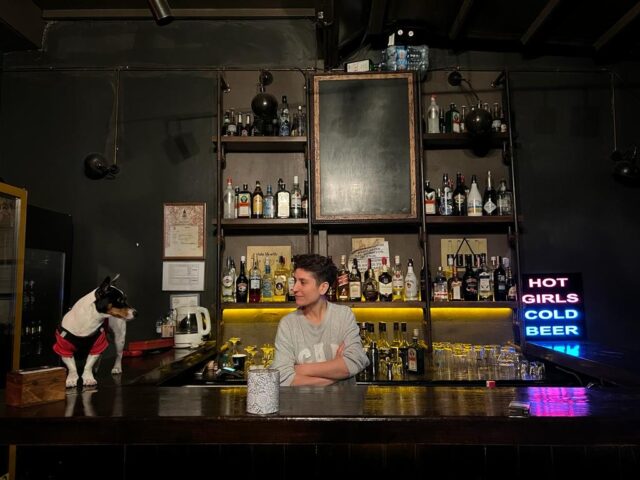
Bozbay attributes the closure of queer spaces to the government’s consistent targeting of LGBTQ+ minorities to appeal to Turkey’s large (and powerful) religious conservative body. Erdogan’s most recent public comments came in October, when he once again stated that he didn’t “recognise LGBT” and vowed to combat “perverse” trends that aim to destroy the institution of family in his country. The President’s constant benediction, teamed with the instability of the economy make it incredibly challenging to take part in queer activism, let alone run a designated LGBTQ+ bar. The Turkish Lira, for example, was almost equal to the US dollar in 2008, now it is worth around 4 cents.
“We have to keep this queer space, whether Adar is here or not,” she says, adding, “I am here now, but next year, maybe I won’t be.” For Bozbay, the most discouraging part is that she sees a lot more division within her community, and a lot less enthusiasm for collaboration and queer activism. “Five years ago, it was not like this, we were all fighting against the government,” she says. “People are more scared and more paranoid now, and I understand them,” she notes, adding that many powerful queers and activists, including friends who once owned bars, have left Turkey for more queer-friendly cities in Europe.
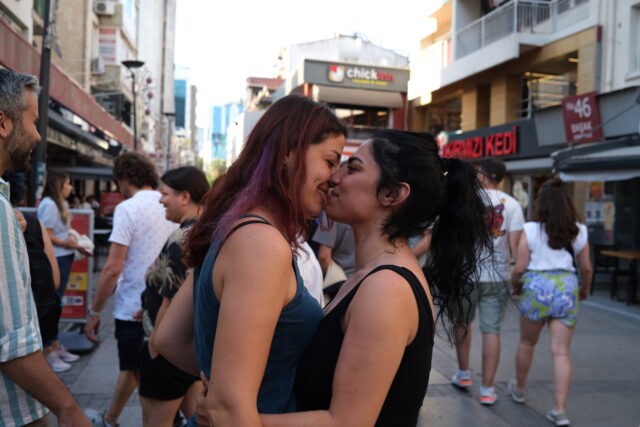
“And this feels like something very dangerous,” she says, “this is the first time I’m talking like this, because never I had this [sic], always I had the support of the LGBT+ community in Turkey because we work all together but now we have nothing, we have no other bars, no clubs and I think Erdogan will win, he will slowly slowly win. He’s finishing all of the LGBT+ places, the community, so many things, without us fully realizing what’s happening.”
Five nights a week Bigudi is open until 4am – the dancefloor is full and the atmosphere is electrified by the contrasting feeling of queer liberation inside, and prohibition out on the streets. Every night, Bozbay stays till close, scrubbing sinks, shaking cocktails and mopping the floor. As you watch her chitchat with her young patrons, it is clear that the profound feeling of safety in this space originates from Bozbay – a filmmaker by passion, a bar owner by duty.
Bigudi Club, Mis sk. No.5 Kat: 5 Taksim (there’s a subtle pink triangle sign and a staircase to climb)


